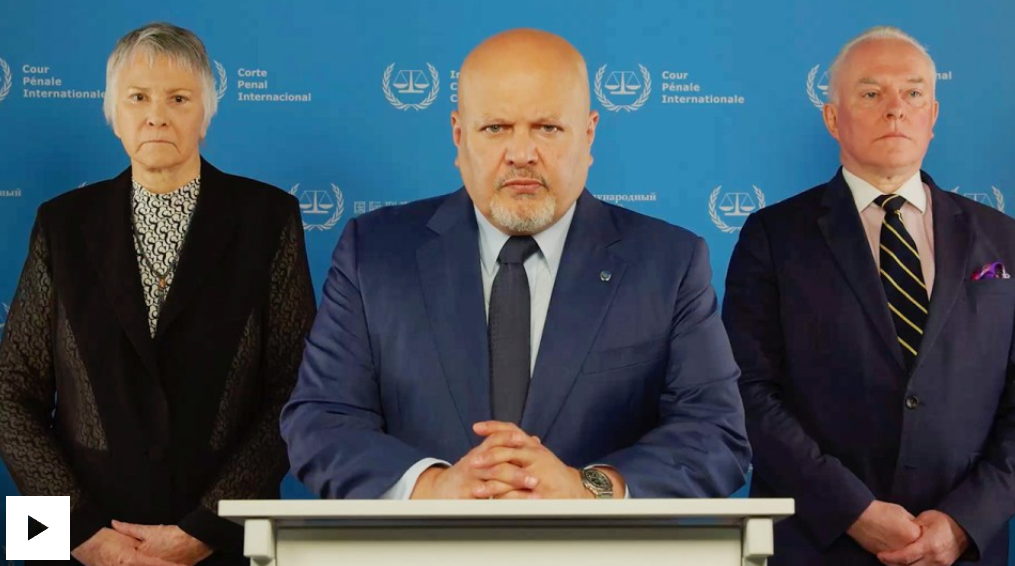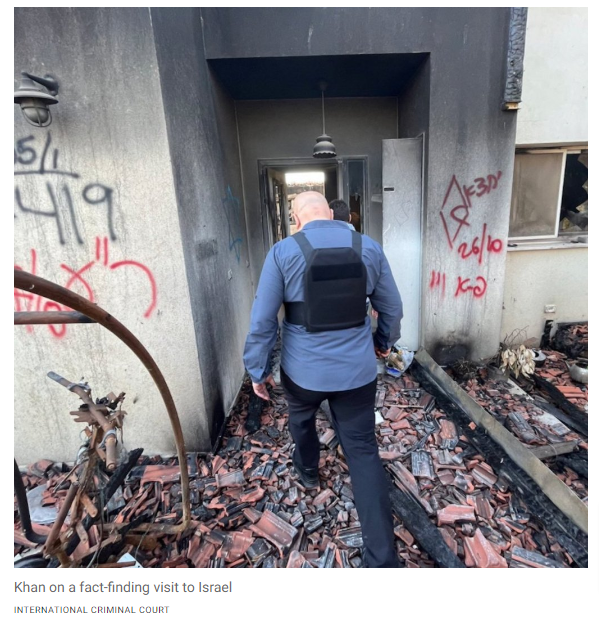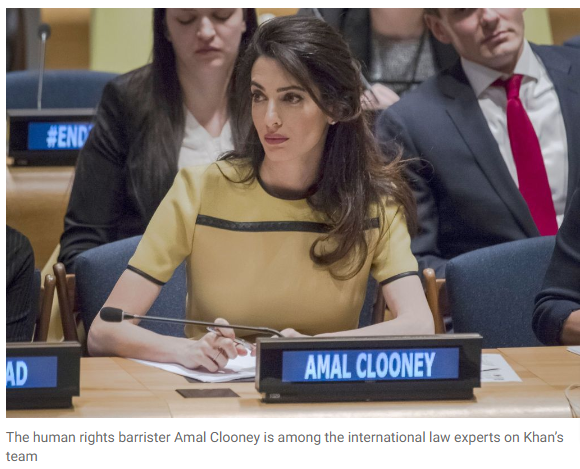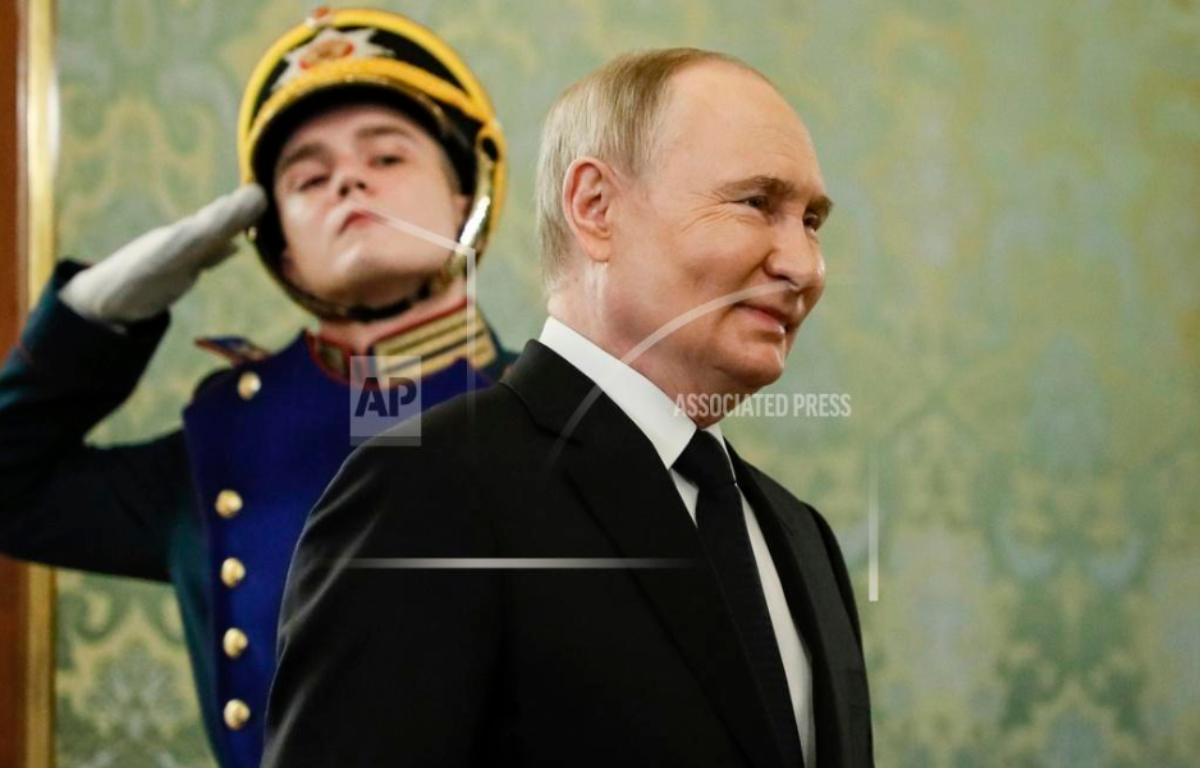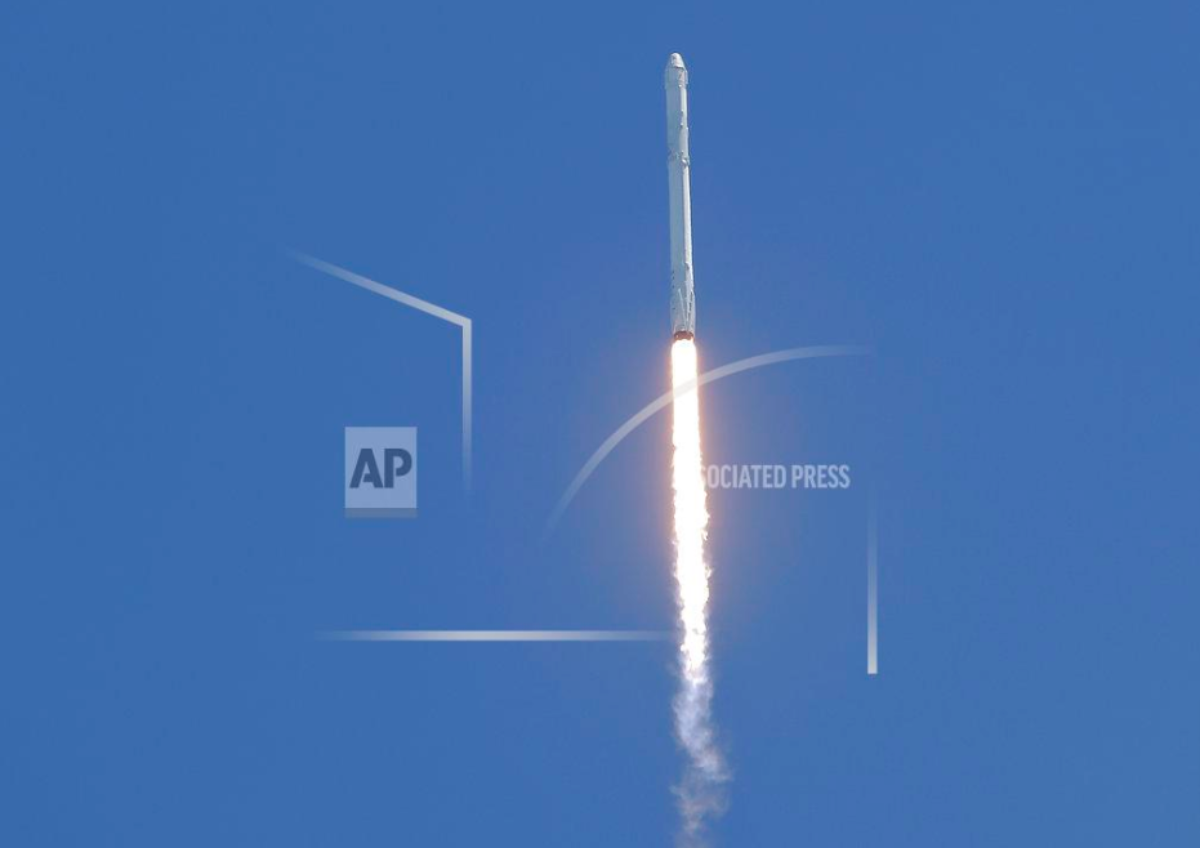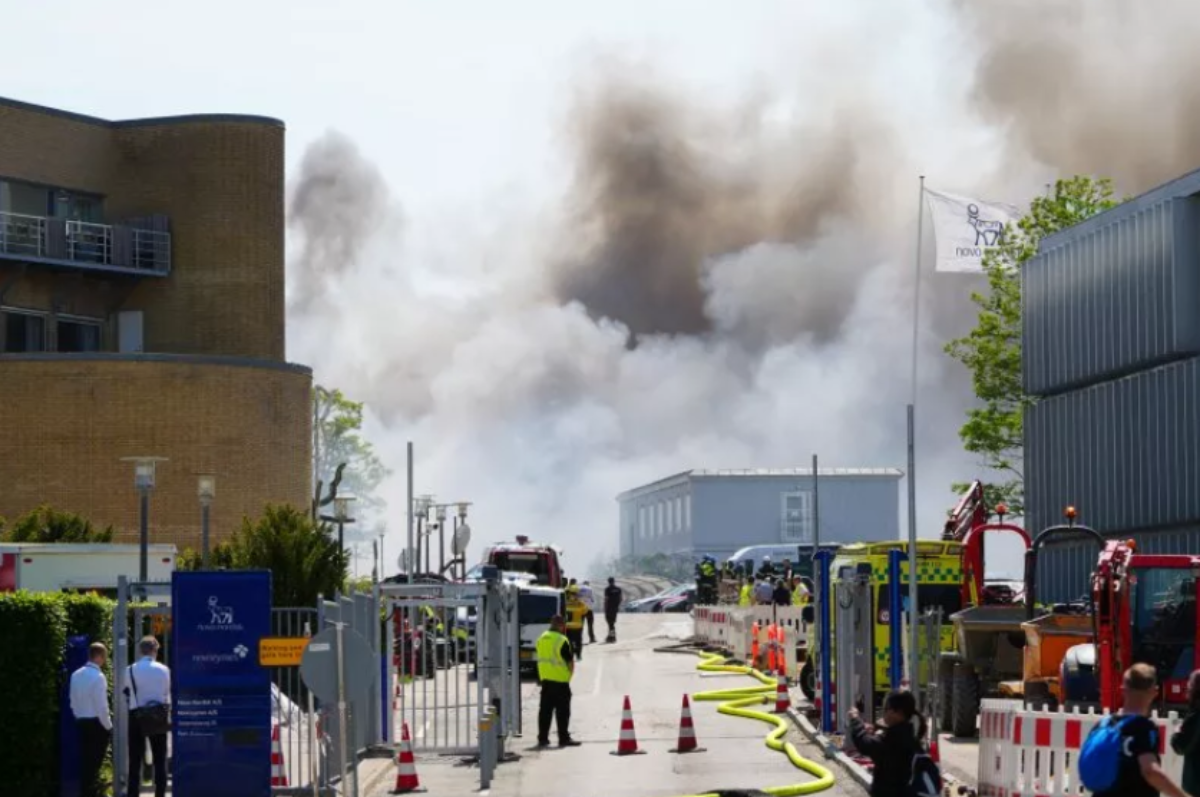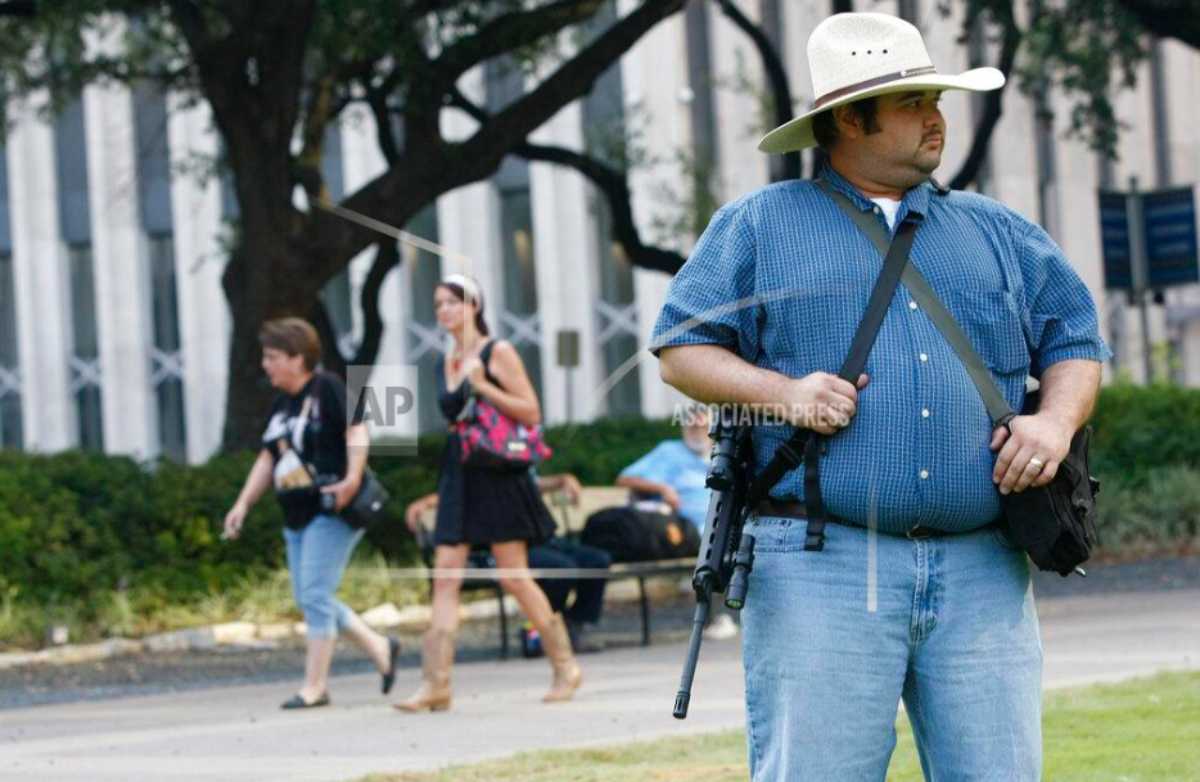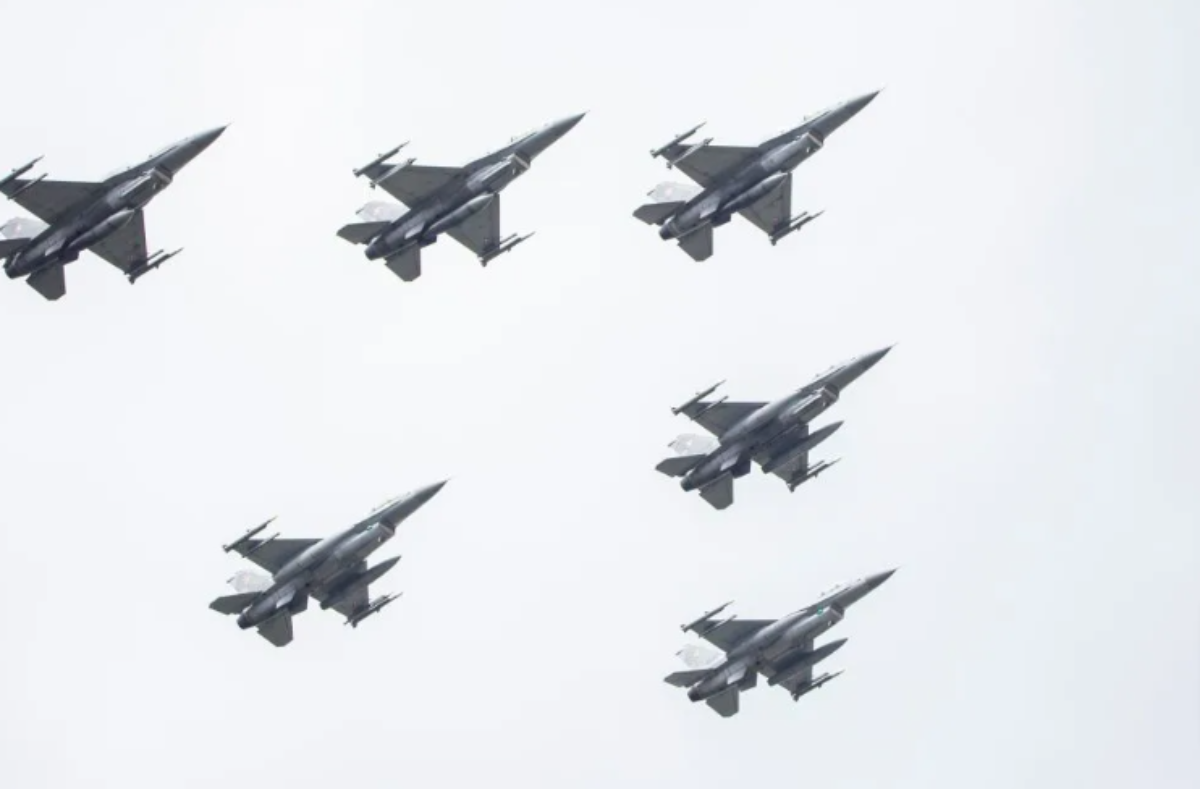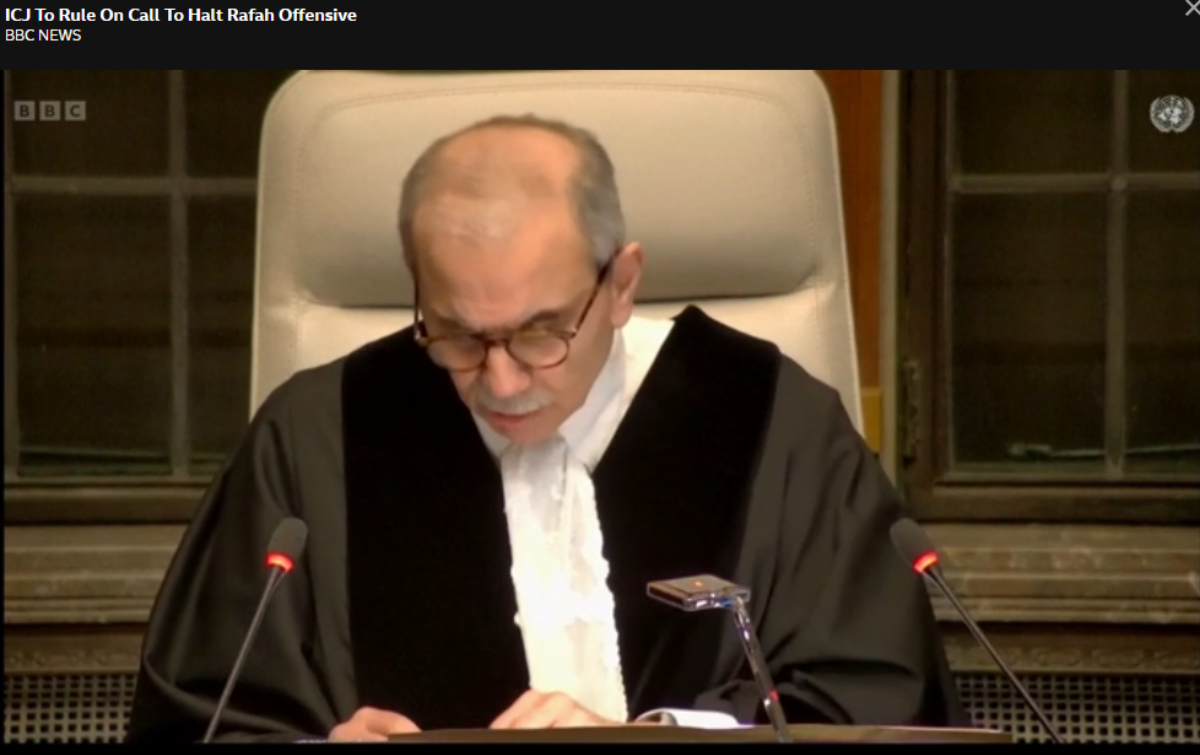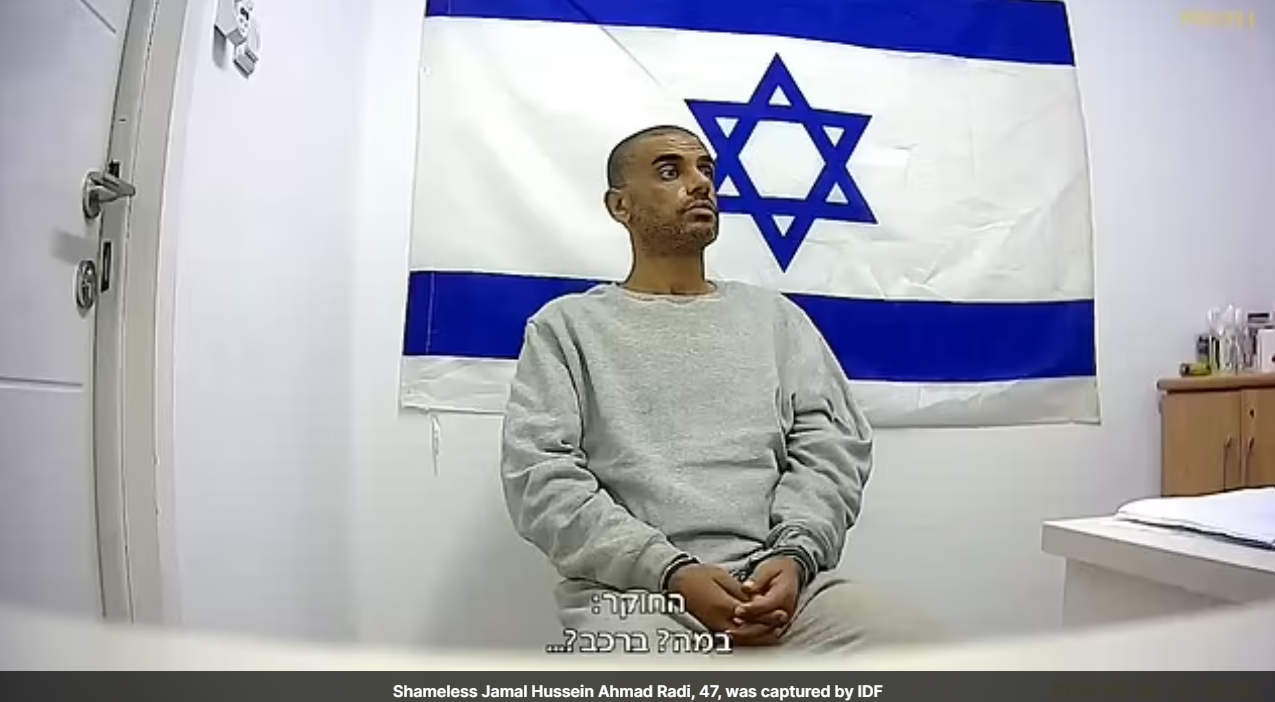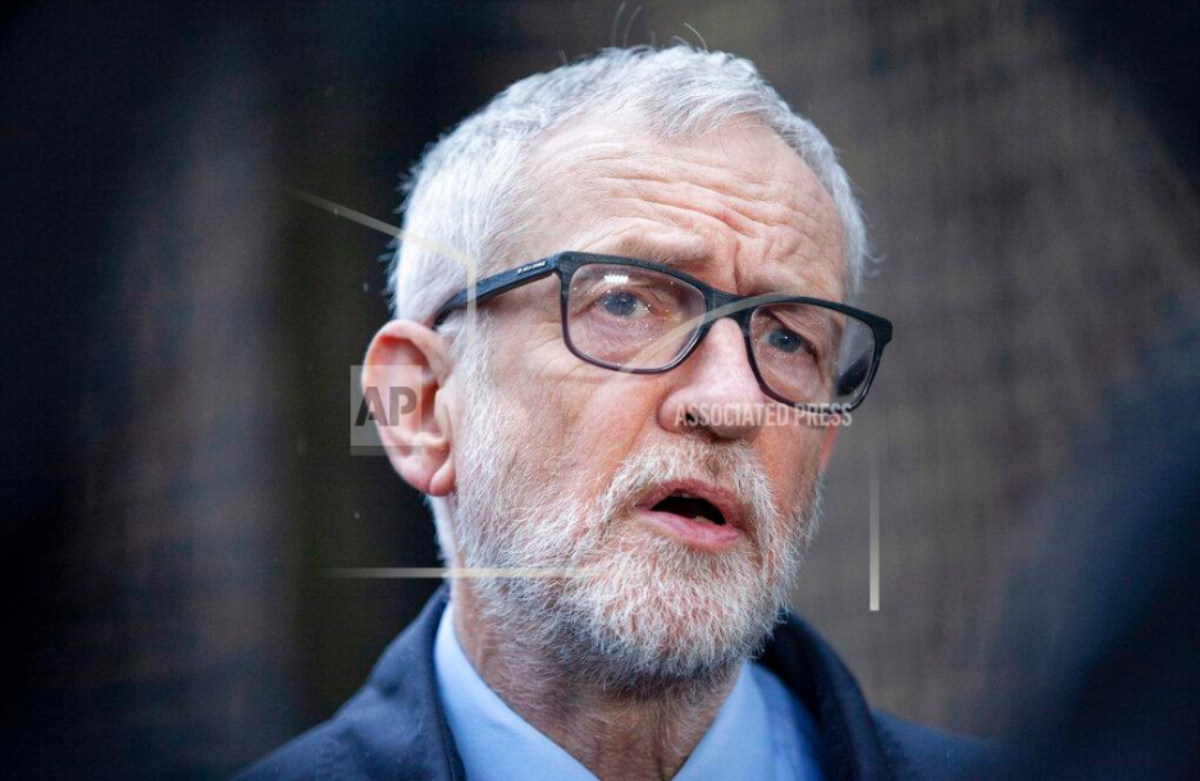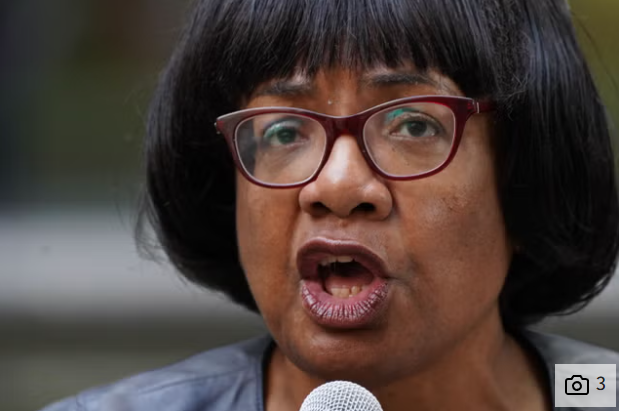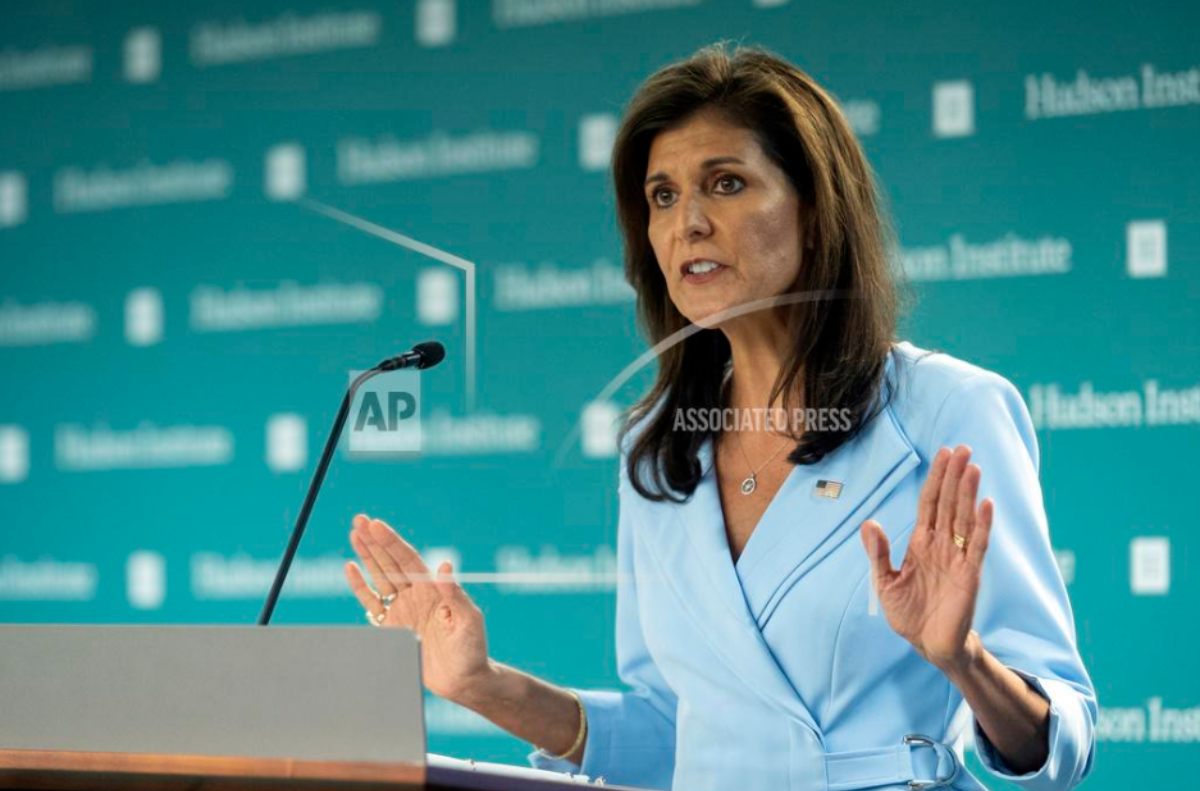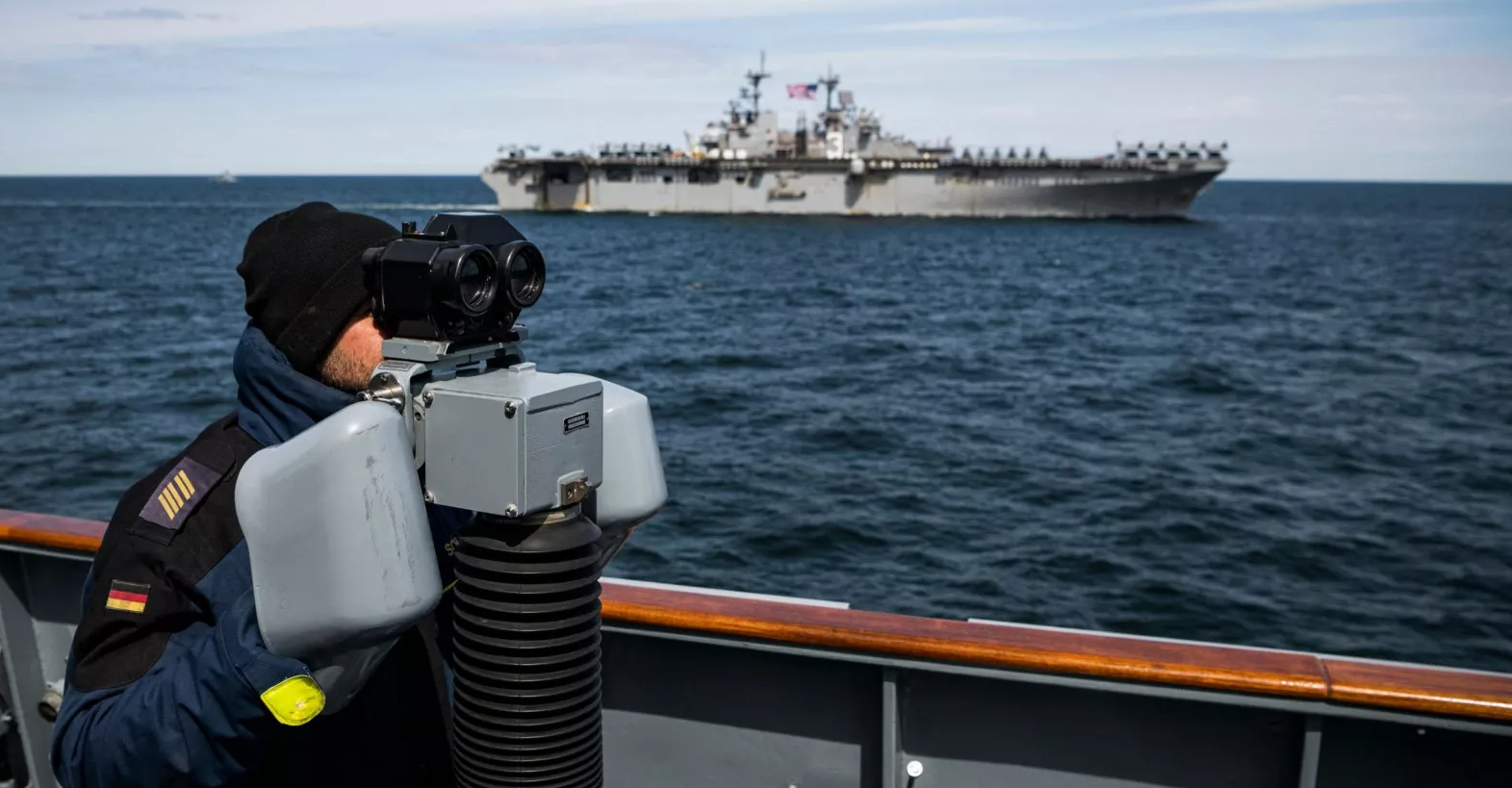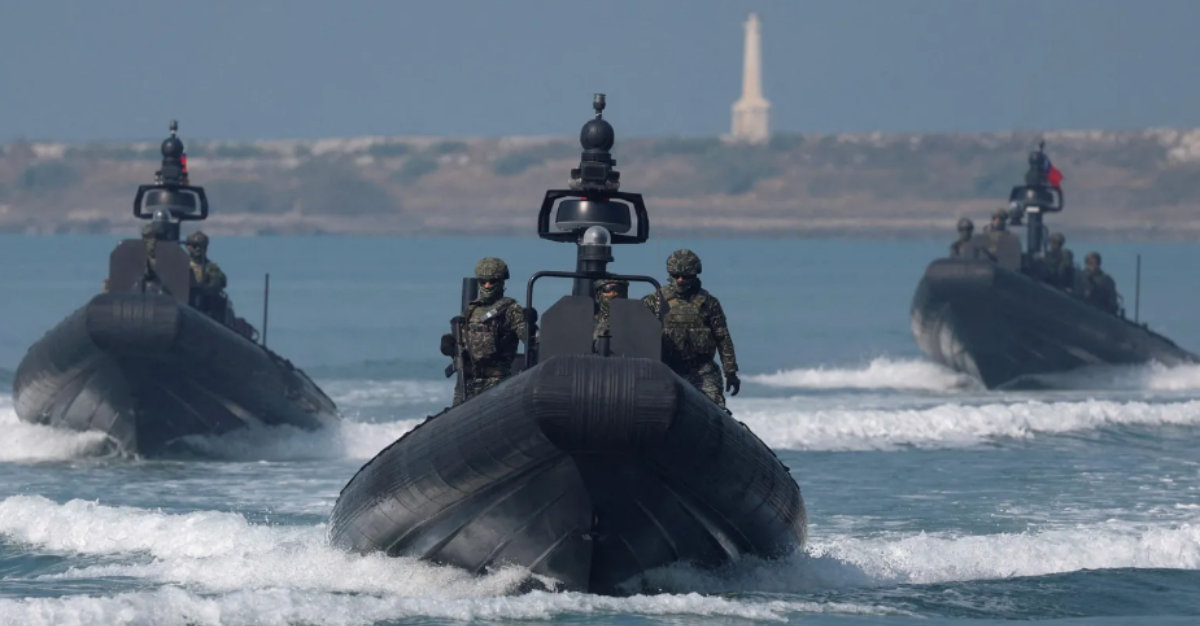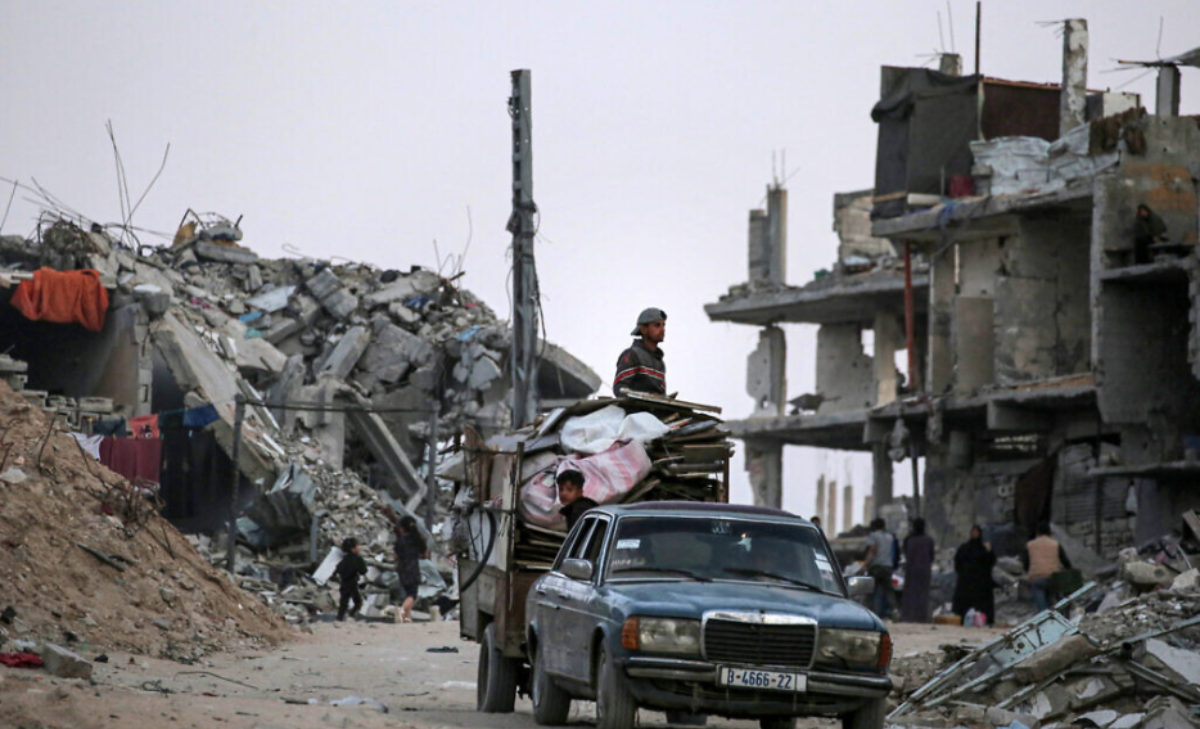-
Posts
6,049 -
Joined
-
Last visited
Content Type
Profiles
Forums
Downloads
Everything posted by Social Media
-
Josh Frydenberg will present a Sky News documentary on anti-Semitism Bad things happen when good people stay silent. This stark lesson rings true as Australia grapples with an alarming surge in anti-Semitism since October 7 last year. The explosion of hatred targeting the Jewish community has been met with a shameful lack of response from our leaders, universities, and Human Rights Commission. This descent into darkness must stop now. Since the atrocities committed by Hamas on October 7, where over 1,200 innocent people were brutally murdered, anti-Semitic incidents in Australia have skyrocketed. The gravity of the situation is clear. Our leaders need to wake up and take strong, decisive action before it’s too late. This is the lesson of history. Those who fail to heed it are doomed to repeat it. This is why I joined Sky News for the documentary "Never Again: The Fight Against Anti-Semitism." I wanted to use my voice to ring the alarm bell and show my fellow Australians the damage being done to our country. Anti-Semitism is a light sleeper, but after October 7, it is violently awake. Nowhere was this more apparent than on the steps of the Sydney Opera House. The horrific violence perpetrated by Hamas halfway around the world sparked a mob in Sydney chanting “F..k the Jews.” This was followed by a riot in Caulfield, a largely Jewish suburb in Melbourne, triggered by false claims that Jews had burned down a local burger shop. Jewish families were left frightened in their homes, unable to visit their place of worship on the Sabbath. The doxxing of 600 Jewish creatives, including award-winning artist Deborah Conway, destroyed lives and livelihoods as performances were canceled, businesses vandalized, and death threats made. Their only sin was to support each other after facing abandonment from employers and fellow artists. The list of anti-Semitic incidents goes on: boycotting businesses simply because the owner is Jewish, daily harassment leading Jewish schools to advise students against wearing uniforms or symbols for fear of safety. How did we get here? The answer lies in the reckless indifference of our leaders. While I do not believe our Prime Minister, premiers, chancellors, vice-chancellors, police commissioners, or Human Rights Commissioners are anti-Semites, their inaction has been telling. They respect the enormous contributions Jewish Australians have made to our democracy and society, but their failure to confront anti-Semitism has been glaring. University leaders, for instance, have equivocated instead of acting. They wrote to the Attorney-General seeking legal advice on the phrase “Palestine will be free from the river to the sea,” a call for the abolition of the State of Israel. Australia’s foremost intelligence and security expert, Dennis Richardson, described it as a “very violent statement,” a sentiment echoed by the Prime Minister. Yet, university leaders hesitated. It was galling to hear the vice-chancellor of the University of Sydney, Mark Scott, defend such expressions as free speech, comparing them to demonstrations during the Vietnam War and nuclear disarmament. He misses the point. Free speech does not grant a free pass to hate speech, intimidation, and harassment directed at a particular group. The vice-chancellor’s reluctance to involve the police, citing American campus experiences, further demeans his role. The police were called to US campuses to reassert authority after violent anti-Semites ran amok. Appeasing the mob has only emboldened those seeking to disrupt and destroy. The documentary not only explores the recent events in Australia but also highlights the personal impact on many, young and old. Holocaust survivors share their fears, drawing frightening parallels between their past experiences and current events. Their testimonies are a stark reminder of the failure of our leaders to combat rising anti-Semitism. Australia’s longstanding relationship with Israel, traditionally marked by bipartisan support, is also under threat. Since October 7, Australia has failed to support Israel consistently, a fellow democracy in its hour of need. This support is crucial for security, intelligence, and enduring people-to-people links, transcending current political leadership. The events of October 7, much like 9/11, have ushered in a period of instability and conflict, lifting the lid on ancient hatreds. To counter the violence and protect our social cohesion, our leaders must reset their approach. More action and less talk are required. Defeating anti-Semitism is not just in the Jewish community’s interest; it is in Australia’s interest. The anti-Semitic incidents on our streets and campuses since October 7 are contrary to our values and our pride in being Australian. It’s time for our leaders to stand up, take risks, and show true leadership. The descent into darkness must stop—now. Credit: The Australian 2024-05-27 Get our Daily Newsletter - Click HERE to subscribe
-
Former President Donald Trump experienced a rare and harsh reception at the Libertarian National Convention, where he was met with boos, jeers, and heckling during his speech. This event highlighted the significant challenge Trump faces in broadening his appeal across the political spectrum as he vies for the Republican presidential nomination. The atmosphere at the Washington hotel on Saturday night was charged, with cries of “Bullshit!” and “Fuck you!” underscoring the rocky reception. Trump, a figure accustomed to adulation at his rallies, was confronted with a starkly different crowd. His plea for unity against President Joe Biden fell flat as delegates booed and shouted insults, underscoring the difficulty of winning over Libertarians, who prioritize small government and individual freedoms. "The fact is we should not be fighting each other," Trump implored. "If Joe Biden gets back in, there will be no more liberty for anyone in our country. Combine with us in a partnership – we’re asking that of the Libertarians. We must work together. Combine with us. You have to combine with us." His appeal, however, was met with a chorus of boos and jeers, marking a stunning rebuke for a man used to enthusiastic support. The Libertarian Party, which usually garners around 3% of the national vote, could play a crucial role in swing states this November. Yet, Trump’s attempt to court them by scolding and lecturing seemed clumsy. Taking the stage, he faced a barrage of criticism for running up federal deficits and benefiting pharmaceutical companies with the coronavirus vaccine development. Amid the chaos, a smaller group of Trump supporters, clad in "Make America Great Again" hats and T-shirts, tried to counter the hecklers with chants of "USA! USA!" One person even unfurled a Palestinian flag, adding to the confusion. Trump tried to lighten the mood by joking about his legal troubles: "If I wasn’t a Libertarian before, I sure as hell am a Libertarian now." Quoting political commentator Deroy Murdock, who argued that Libertarians should vote for Trump, he faced another wave of boos. "Only if you want to win. Maybe you don’t want to win. Only do that if you want to win. If you want to lose, don’t do that. Keep getting your 3% every four years," he retorted, trying to goad the audience into supporting him. Trump’s proposal that Libertarians should make him their presidential nominee or at least vote for him was again met with derision. "The Libertarians want to vote for me and most of them will because we have to get rid of the worst president in history and together we will," he insisted, but the crowd’s response remained hostile. Despite promising to appoint a Libertarian to his cabinet and other senior posts if elected, Trump’s pitch failed to resonate. "Pretty good. That’s pretty big," he claimed, but his usual salesmanship did not sway the audience. The familiar refrain of Libertarians getting only 3% of the vote prompted Trump to urge them to "make yourself winners, it’s time to be winners. You have a lot of common sense." His continued appeal to Libertarians was met with mixed reactions. While some chanted "We want Trump!" others demanded "End the Fed!"—a common Libertarian rallying cry against the Federal Reserve. A sign reading "No wannabe dictators!" was prominently displayed before its holder was removed by security. Trump attempted to align his record with Libertarian principles, citing tax cuts, slashing bureaucratic red tape, and cancelling federal diversity programs. He also promised to pardon January 6 protesters, whom he referred to as "hostages," and to commute the sentence of Ross Ulbricht, the founder of Silk Road. This particular promise elicited roars of approval from the crowd, indicating a shift in the room's sentiment. Gradually, the atmosphere became less hostile and more supportive, with Trump receiving acclaim for pledges to ban federal agencies from censoring free speech, introduce tax cuts, oppose the Green New Deal, secure the future of cryptocurrencies, and defend religious liberty and gun rights. However, the audience’s support was not unanimous. When Trump reiterated his desire for their support, boos once again filled the room. Delegates had varied reactions. Joe, who withheld his last name, bluntly dismissed Trump: "He’s full of shit." Glen Lewis, chairman of the Libertarian Party of Mississippi, criticized Trump’s attempt to use fear of Biden to garner votes, saying, "Real men and women vote on integrity." Lewis, a military veteran, pointed out Trump supporters' inability to defend his policies on federal spending and pharmaceutical company protections. Michael Fitch, a long-time Libertarian, acknowledged Trump’s bravery in attending but remained unconvinced: "He actually raised the deficit – he spent millions and millions of dollars. He capitulated to the pharma regime. We can’t let this guy off the hook." However, some, like Joe Gravagna, a retired security worker, were more open to considering Trump, appreciating his stance on deregulation and non-intervention. Brandi Bohannon, a committed Republican, praised Trump for his honesty and opposition to open borders and wars. Libertarians will soon pick their White House nominee, and Trump’s appearance was an attempt to sway voters who might otherwise support independent candidate Robert Kennedy Jr., who also spoke at the convention. Despite a challenging start, Trump managed to find some common ground, but his broader appeal to Libertarians remains a significant hurdle. Credit: The Guardian 2024-05-27 Get our Daily Newsletter - Click HERE to subscribe
-
Former Secretary of State Hillary Clinton recently offered a candid reflection on her 2016 presidential campaign, attributing her loss in part to female voters who abandoned her in the campaign's final days. In an interview with The New Times, Clinton discussed the unique challenges she faced as a female candidate, suggesting that her gender played a significant role in her defeat. "They left me because they just couldn’t take a risk on me, because as a woman, I’m supposed to be perfect," Clinton stated. "They were willing to take a risk on [former President Trump] — who had a long list of, let’s call them flaws, to illustrate his imperfection — because he was a man, and they could envision a man as president and commander in chief." This sentiment was echoed by several of Clinton's allies during the 2016 election, who highlighted the sexist double standards she encountered. Tracy Sefl, a Democratic consultant and Clinton surrogate, remarked at the time, "Is there a double standard? One hundred percent times 100 percent. And God forbid if she coughs." Clinton's reflections come amid ongoing discussions about the barriers female politicians face. The challenges she described were not unique to her campaign. Former GOP presidential candidate Nikki Haley, for instance, encountered sexist attacks during her own run before suspending her campaign in March. During a Republican primary debate last year in Miami, fellow candidate Vivek Ramaswamy referred to her as “Dick Cheney in three-inch heels,” highlighting the persistent gender-based criticisms women in politics endure. In addition to discussing her campaign, Clinton also critiqued her own party for its handling of abortion rights. She argued that Democrats failed to fully anticipate and counter the power of anti-abortion advocates, leading to the Supreme Court’s 2022 decision to overturn Roe v. Wade, which ended the federal right to abortion access. "We didn’t take it seriously, and we didn’t understand the threat," Clinton said. "Most Democrats, most Americans, did not realize we are in an existential struggle for the future of this country." She expressed regret, noting, "We could have done more to fight." Clinton’s interview, conducted by The New Times in February and published on Saturday, delves into these issues with a critical eye. Her insights highlight not only the personal challenges she faced as a pioneering female candidate but also broader systemic issues within American politics that continue to affect female leaders today. Clinton's reflections are a poignant reminder of the enduring challenges women face in politics, and her critique of her party’s handling of key issues like abortion rights underscores the need for more proactive and strategic approaches to political advocacy and campaigning. Credit: The Hill 2024-05-27 Get our Daily Newsletter - Click HERE to subscribe
-
In a first major interview since he announced he would request arrest warrants for Benjamin Netanyahu, Yoav Gallant and three Hamas leaders, ICC chief prosecutor Karim Khan dismisses as “nonsense” accusations that he was equating the actions of Israel and the terror group. “I am not saying that Israel with its democracy and its supreme court is akin to Hamas, of course not. I couldn’t be clearer, Israel has every right to protect its population and to get the hostages back. But nobody has a license to commit war crimes or crimes against humanity. The means define us,” As someone with personal experience of persecution, Khan understands the importance of impartiality and the rule of law. “What this comes down to is, ‘Do we want to live in a world where law is applied equally or one where we close our eyes and turn away because of our allegiances?’” Khan stated emphatically. He added, “Of course one is aware that Gaza is on the faultline of international relations but that cannot be an excuse not to try everywhere to put the rights of victims first. Whether those are the rights of Jewish victims or Palestinians, whether Muslim, Christian or of no belief, we must have the same moral outrage, love, care and concern—the point is they are all human beings.” On Monday, Khan’s announcement accused Netanyahu and Gallant, along with Hamas leaders Yahya Sinwar, Mohammed Diab Ibrahim al-Masri (also known as Mohammed Deif), and Ismail Haniyeh, of crimes against humanity. This marks the first time the ICC has targeted a sitting western-backed leader, igniting a wave of international outrage. Both UK Prime Minister Rishi Sunak and US President Joe Biden criticized the decision, with Sunak calling it “deeply unhelpful” and Biden labeling it “outrageous.” Khan responded to his critics by saying, “Our job is not to make friends. It’s to do our job whether we are applauded or condemned. We have to underline the equal worth of every child, every woman, every civilian in a world that is increasingly polarized and if we don’t do that, what’s the point of us?” The warrants, pending approval by the ICC’s judges, could impose significant constraints on Israel’s leadership. Unlike the International Court of Justice (ICJ), which lacks enforcement mechanisms, an ICC warrant would obligate all 124 signatory countries to arrest Netanyahu if he enters their territories. This includes key Israeli allies within the European Union. “If states don’t step up, it has massive implications,” Khan warned. “The ICC is their child—I am just the nanny or hired help. They have a choice to look after this child or be responsible for its abandonment.” Khan’s decision follows visits to Israel, where he witnessed the aftermath of the October 7 attack and met with victims' relatives. He carries a blue wristband with the slogan “Bring Them Home” and the silver dog-tag of Kfir Bibas, a nine-month-old baby who Hamas claims was killed by an IDF air strike but there has been no confirmation of this. “This would break anyone’s heart,” he said. “Kfir was just nine months old. But there’s no monopoly on suffering. There are Palestinian babies dying and we cannot have double standards.” The charges against Netanyahu and Gallant include causing extermination and/or murder, deliberately targeting civilians in conflict, and using starvation as a weapon of war—a first for the ICC. Hamas leaders are accused of extermination, murder, taking hostages, and sexual assault. Despite the severity of the charges, Khan was careful to clarify, “I am not saying that Israel with its democracy and its supreme court is akin to Hamas, of course not. I couldn’t be clearer, Israel has every right to protect its population and to get the hostages back. But nobody has a license to commit war crimes or crimes" Khan recounted a conversation with a senior official who questioned how Israel could act given the unknown whereabouts of hostages. Khan compared the situation to Britain’s response to IRA terrorism, saying, “There were attempts to kill Margaret Thatcher, Airey Neave was blown up, Lord Mountbatten was blown up, there was the Enniskillen attack, we had kneecappings … But the British didn’t decide to say, ‘Well, on the Falls Road [the heart of Catholic Belfast] there undoubtedly may be some IRA members and Republican sympathizers, so therefore let’s drop a 2,000lb bomb on the Falls Road.’ You can’t do that.” He stressed, “Law must have some purpose, that’s what separates states that respect the law from criminal groups and terrorists. And that’s all I have been trying to do, apply law based on facts, and that’s what we must do whatever condemnation we get.” Khan is perplexed by the surprise at his announcement, given his consistent warnings since October 7. “I’ve been saying continuously since October 7, ‘Comply now, don’t complain later.’ I said it in Rafah when I wasn’t allowed in by Israel. I said it in Cairo, said it in public statements and said it directly to the Israelis and Palestinians. So I just don’t know why anyone is surprised.” As he spoke from his office in The Hague, Khan, 54, appeared visibly exhausted. “Every day one gets emails, other types of threats and pressure, direct and otherwise,” he admitted. However, having previously taken on Russian President Vladimir Putin for war crimes in Ukraine, Khan is undeterred by the challenges. Born in Edinburgh to a British mother and Pakistani father, Khan grew up in Yorkshire where his father worked as a consultant dermatologist. He attended Silcoates School, a private institution in West Yorkshire, and later studied law at King’s College London. His family belongs to the Ahmadiyya Muslim community, which faces persecution in Pakistan. “I’ve had family members killed, shot in Lahore when mosques were attacked,” he shared. In 1989, while Khan was studying law, his family experienced violence firsthand. “My father, my mother, my younger brother and my cousin, who is a doctor, were all attacked,” he recalled. “They were having an interfaith event at Batley town hall and mullahs came from Pakistan and attacked. They knocked my cousin unconscious, hit my father and mother, and when the police took them into the station next door, a mullah stood on an ambulance and said we will burn down the police station unless you release our people.” This personal history of persecution and violence informs Khan’s commitment to justice. He built his career at the Crown Prosecution Service and the International Criminal Tribunal for the Former Yugoslavia, gaining a reputation as a defense lawyer. He represented high-profile clients, including Liberian warlord Charles Taylor and Kenyan President William Ruto, before becoming chief prosecutor of the ICC in 2021. Upon taking office, Khan pledged to reform the ICC, focusing on crimes against children and sexual violence while expanding the court’s geographic reach. “We currently have active investigations in the Philippines, in Afghanistan, in Myanmar and Bangladesh and in Latin America and in Georgia, Ukraine and Palestine,” he noted. “We may not be perfect but we are sincere and guided by evidence not extraneous factors such as political convenience.” Khan’s focus on Gaza stems from the events following October 7, including both Hamas’s attack and Israel’s subsequent military response. He cited various indicators of humanitarian violations, such as the targeting of bakeries and water sources, and the killing of aid workers. “It’s the whole pattern that’s indicative. We’ve analyzed it objectively and rationally,” he asserted. Israel disputes these characterizations, claiming that Hamas has seized much of the aid intended for Gaza. However, Khan pointed to the reports of international relief agencies and medical professionals documenting severe humanitarian crises. “Look what all major relief agencies say, what we are seeing of emaciated children. Even if we don’t trust Palestinian doctors, we have American and British doctors speaking of conducting amputations without anesthetics, of babies dying in incubators because the power is turned off, of people dying because there is no insulin,” he said. “This is not how war is supposed to be waged. If this is what compliance with international humanitarian law looks like, then the Geneva Conventions serve no purpose.” To compile the charges, Khan’s team gathered diverse evidence, including witness testimonies, satellite imagery, and authenticated videos. He also enlisted a panel of respected international law experts to independently assess the evidence. Among them were Amal Clooney, Baroness Kennedy KC, Lord Justice Sir Adrian Fulford, Elizabeth Wilmshurst KC, Danny Friedman KC, and Theodor Meron. “These are great lawyers I respect hugely who have stood up for principle throughout their life,” he said. He emphasized the credibility and expertise of the panel, noting, “The fact they have been unanimous that evidence is there is very important.” Khan acknowledges that civilian casualties are an unfortunate reality in armed conflict, particularly in urban areas, but he maintains that deliberately targeting civilians is unacceptable. “It’s another thing for civilians to be deliberately targeted. You can’t have as a common plan collective punishment. It’s absolutely legitimate for Israel to have the objective to defeat Hamas and to get hostages out, I support that. But the way you engage must be compliant with law.” The debate over casualty figures in Gaza, which recently saw a shift from the UN's endorsement of over 35,000 dead to about 25,000 “identified” dead Palestinians plus an additional unverified 10,000 from Gazan media sources , was dismissed by Khan as a “red herring.” “Even with the lower figure, every one is a tragedy,” he said. Of course this figure is lower still when you take out the Hamas fighters that have also been killed as Gazan Health Authorities makes no distinction between civilian and combatant deaths and casualties. While criticism from some countries such as the UK and the US has been fierce, Khan maintains. “It’s a precarious moment internationally and if we don’t hold on to the law, we have nothing to cling onto,” Khan said. “Those profound words ‘Never Again’ are too often becoming ritual incantations. Credit: Sunday Times 2024-05-27 Get our Daily Newsletter - Click HERE to subscribe
-
A New Mexico judge has denied Alec Baldwin's motion to dismiss the involuntary manslaughter indictment stemming from the fatal 2021 shooting on the set of the film "Rust." The incident resulted in the death of cinematographer Halyna Hutchins and injury to director Joel Souza, bringing intense scrutiny and legal challenges to Baldwin and the production team. The case has been fraught with controversy since the day of the shooting. During a scene rehearsal on the western movie set in New Mexico, a firearm held by Baldwin discharged a live round, leading to Hutchins' tragic death and Souza's injury. Baldwin has maintained that he was unaware the gun was loaded with live ammunition, sparking a heated debate over safety protocols on film sets. In January 2023, Baldwin pleaded not guilty to the initial charges of involuntary manslaughter. These charges were dropped later in the year due to prosecutors citing insufficient time and evidence to proceed. However, new developments in the investigation led to Baldwin being charged and indicted again in January 2024. Baldwin’s legal team moved to dismiss the indictment in March, accusing the prosecutors of misconduct during the grand jury process. They argued that the prosecutors presented false and misleading testimony, withheld exculpatory evidence, and gave improper and prejudicial instructions to the grand jury. Baldwin's lawyers claimed that the prosecution had "publicly dragged Baldwin through the cesspool created by their improprieties," disregarding the severe nature of the charges that had been hanging over Baldwin for more than two years. Special prosecutors in New Mexico countered these allegations, defending their handling of the case. They argued that Baldwin’s behavior on the "Rust" set contributed to the safety lapses that led to the shooting. The prosecutors asserted that they had followed proper procedures and there was no prosecutorial bad faith involved. The judge's decision to deny Baldwin's motion was based on a detailed review of the grand jury transcripts from January 18 and 19, 2024. The judge concluded that there was no evidence of intentional misconduct or dishonesty by the prosecuting attorney. In the ruling, the judge stated, "After review of transcripts from the January 18, 2024 and January 19, 2024 grand jury presentations, the Court does not find that the ‘prosecuting attorney assisting the grand jury’ engaged in ‘intentional misconduct’ reflecting ‘dishonesty of belief, purpose, or motive’ in the course of the attorney’s ‘presentation of evidence to the grand jury.’" This ruling keeps Baldwin firmly in the legal spotlight as he prepares to face trial. In a brief statement to CNN following the judge’s decision, Baldwin’s legal team, represented by Luke Nikas and Alex Spiro, expressed their readiness for the upcoming court proceedings: "We look forward to our day in court." The legal challenges extend beyond Baldwin. Hannah Gutierrez Reed, the film's armorer responsible for the safety and storage of firearms on the set, was found guilty of involuntary manslaughter in March. She was sentenced to 18 months in prison and is currently appealing her conviction. Reed's role in the events leading up to the shooting has been a critical component of the investigation, with many arguing that she bore significant responsibility for ensuring the firearm was safe to use. The "Rust" shooting incident has also sparked broader discussions about safety standards in the film industry. The tragic death of Hutchins highlighted the potential dangers of working with firearms on set and has led to calls for stricter regulations and safety protocols to prevent similar accidents in the future. As Baldwin's case proceeds, it will undoubtedly continue to draw significant public and media attention. The outcome of this high-profile case may not only impact Baldwin's career but also set a precedent for how legal accountability is addressed in cases of accidental shootings in the entertainment industry. The judge’s decision to uphold the indictment signifies that the court found sufficient grounds to proceed with the charges against Baldwin. Credit: CNN 2024-05-25 Get our Daily Newsletter - Click HERE to subscribe
-
Northwestern University has found itself under intense scrutiny due to its substantial financial ties with Qatar, a country with controversial affiliations and support for Hamas, a designated terrorist organization. A recent report from nonprofit watchdog Open the Books reveals that Northwestern has received nearly $690 million from Qatar since 2007. This revelation comes as Northwestern President Michael Schill prepares to testify before the House Education and Workforce Committee, addressing concerns over campus antisemitism and concessions made to certain student demands. Qatar’s donations to Northwestern primarily benefit the university’s satellite campus in Education City, Doha, known as NU-Q. This campus offers bachelor’s degrees in journalism and communication and maintains a significant partnership with Al Jazeera, the Qatari state-owned media outlet. The collaboration between NU-Q and Al Jazeera provides journalism students with opportunities to engage with leading media professionals and gain industry insights. However, this partnership has drawn criticism due to Al Jazeera’s alleged support for Palestinian terrorism and its portrayal of Israel. Several faculty members at Northwestern in Qatar have made statements or have ties that have further fueled controversy. Khaled AL-Hroub, a professor of Middle Eastern studies, claimed on an NPR program that he had not seen credible reports indicating that Hamas killed women and children in its October 7 attack. While Northwestern initially condemned his remarks, the university later revised its statement, removing his name and clarifying that his views did not represent the institution’s official position. Rami Khouri, a member of NU-Q’s joint advisory board, has defended Palestinian stabbing attacks against Israeli civilians and characterized Hamas tactics as part of the human spirit’s arsenal. He has also made controversial comparisons between Hamas’s actions and historical Jewish resistance. Ibrahim Abusharif, another professor, has a past that includes serving as treasurer for the Quranic Literacy Institute, which the U.S. government accused of funneling money to Hamas. The organization was found liable for aiding and abetting Hamas terrorism and had assets seized by the U.S. government. The House Education and Workforce Committee has expressed concerns about Northwestern’s partnership with Al Jazeera. A group of Jewish Northwestern alumni and parents wrote to the university's board of trustees, suggesting that the partnership could violate the Immigration and Naturalization Act of 1952, which prohibits American entities from providing training or assistance to foreign terrorist organizations. This issue is likely to be a key topic during President Schill’s testimony. In addition to funding from Qatar, Northwestern has received substantial financial support from other sources, including: Saudi Arabia: Approximately $24 million, with at least $2.2 million for Saudi student tuition. U.S. Government: Since 2018, the Department of Health and Human Services has contributed $2.6 billion, while other significant contributions include $361 million from the National Science Foundation, $256 million from the Department of Defense, $136 million from the Department of Education, and $125 million from the Department of Energy. From 2018 to 2022, Northwestern’s endowment grew by $3.3 billion, making it the eighth-largest among private American universities. Despite its significant financial growth, the university pays only a 1.4-percent tax on endowment amounts exceeding $500,000 per student. The significant financial support from Qatar to Northwestern University raises critical ethical and legal questions, especially given Qatar's associations with Hamas. As Northwestern continues to expand its global footprint, particularly through its campus in Qatar, it faces growing scrutiny from both government bodies and concerned stakeholders over the implications of these financial relationships. The upcoming testimony of President Schill will be a pivotal moment in addressing these concerns and determining the future direction of the university’s international engagements. Credit: National Review 2024-05-25 Get our Daily Newsletter - Click HERE to subscribe
-
In a significant move reflecting the ongoing nationwide debate over abortion rights, Louisiana Republicans have passed a bill that criminalizes the possession of abortion pills without a prescription. The bill, which classifies the medications mifepristone and misoprostol as dangerous controlled substances, is now awaiting the signature of Republican Governor Jeff Landry, who is expected to approve it. The Louisiana Senate passed the bill with a 29-7 vote, following its earlier approval in the state House. Governor Landry, known for his strong anti-abortion stance, has yet to officially comment on the bill. However, he hinted at his support in a recent social media post, responding to criticism from Vice President Kamala Harris by stating, "You know you’re doing something right when @KamalaHarris criticizes you. This bill protects expectant mothers while also allowing these drugs to be prescribed to those with a valid prescription." The new legislation categorizes mifepristone and misoprostol as Schedule IV substances under Louisiana’s Uniform Controlled Dangerous Substances Law, placing them in the same category as certain opioids, ephedrine, and antidepressants. This classification means that possession without a prescription or appropriate licensure will be illegal, carrying penalties of up to five years in prison and substantial fines. Notably, the bill includes an exemption for pregnant women possessing the pills for personal use. However, anyone assisting in obtaining the pills would be at risk of prosecution, a measure aimed at curbing the distribution and use of abortion medications without medical oversight. Abortion rights advocates argue that the bill will create significant barriers for both prescribers and pharmacists. Physicians in Louisiana will need a special license to prescribe controlled substances, and the state will meticulously track prescriptions, potentially deterring medical professionals from providing these medications. Given that abortion is nearly entirely banned in Louisiana, including the use of abortion pills, this bill seems to extend the restrictions further. The exceptions to the ban are limited to cases where the pregnancy poses a substantial risk to the mother’s life or involves a medically futile pregnancy. Despite these stringent laws, women in Louisiana have still been able to obtain abortion pills through telehealth services provided by out-of-state providers. The new bill targets the possession of these pills, even when they are obtained in advance, a practice known as "advance provision" which has become more common in states with restrictive abortion laws. The federal government, through the Food and Drug Administration (FDA), does not classify mifepristone and misoprostol as controlled substances. Both drugs are approved by the FDA and have been shown to be safe and effective for their intended uses, which include not only abortion but also various other reproductive health applications. Misoprostol, in particular, is widely used for labor induction, cervical softening during surgical procedures, and the medical management of miscarriages. It is listed on the World Health Organization's Model List of Essential Medicines due to its critical role in healthcare. Anti-abortion advocates argue that medication abortions are dangerous, a point recently raised before the Supreme Court in efforts to limit access to mifepristone. However, extensive research supports the safety and efficacy of these medications. Hundreds of doctors in Louisiana have voiced opposition to the legislation, warning that it could worsen health outcomes in a state already struggling with high maternal mortality rates. They argue that further restricting access to safe and effective medications will only exacerbate these issues. The bill’s sponsor, state Senator Thomas Pressly, cited personal motivations for the legislation, revealing that his sister was a victim of a crime involving the non-consensual administration of misoprostol by her then-husband. Initially, the bill aimed to address such criminal acts, but it was later amended to include the broader classification of the drugs as controlled substances, influenced by the anti-abortion group Louisiana Right to Life. State Attorney General Liz Murrill supports the bill, highlighting concerns about abortion pills being shipped into Louisiana from outside the state and country. She emphasized that the legislation does not prevent these drugs from being prescribed and dispensed for legitimate medical reasons. Credit: The Hill 2024-05-25 Get our Daily Newsletter - Click HERE to subscribe
-
Russian President Vladimir Putin is reportedly ready to negotiate a ceasefire in Ukraine that would recognize the current frontlines, according to sources within his circle. However, he remains prepared to continue the conflict if Kyiv and Western allies do not respond favorably. This information comes from four Russian sources familiar with discussions among Putin's advisors. Three sources noted that Putin has expressed frustration over perceived Western-backed attempts to block negotiations and Ukrainian President Volodymyr Zelenskyy's refusal to engage in talks. One senior Russian source, who has worked closely with Putin, mentioned that while Putin is ready for a ceasefire to "freeze the war," he can also fight for as long as necessary. Reuters spoke to five individuals connected to Putin at senior levels within political and business spheres. While one source did not comment on the idea of freezing the war, the others provided insights into the Kremlin's perspective. Dmitry Peskov, Putin's spokesperson, reiterated Russia's openness to dialogue aimed at achieving its goals, asserting that the country does not desire an "eternal war." The Ukrainian foreign and defense ministries did not respond to queries. The appointment of economist Andrei Belousov as Russia's defense minister was interpreted by some Western analysts as a move to place the Russian economy on a wartime footing. This follows recent battlefield advances by Russian forces. Sources indicated that Putin believes the gains achieved thus far are sufficient to present as a victory to the Russian populace. The war, Europe's largest ground conflict since World War Two, has resulted in substantial casualties and severe economic sanctions on Russia. Putin is reportedly averse to another national mobilization due to its unpopularity. The initial call-up in September 2022 caused widespread alarm and led to a significant number of draft-age men fleeing Russia. Peskov has stated that Russia is recruiting volunteer contractors instead. The prospect of a ceasefire or peace talks remains slim. Zelenskyy has declared that peace on Putin's terms is unacceptable, vowing to reclaim lost territories, including Crimea, annexed by Russia in 2014. He signed a decree in 2022 declaring talks with Putin impossible. One source suggested no agreement would be possible while Zelenskyy is in power, barring a deal with Washington, which U.S. Secretary of State Antony Blinken deemed unlikely. Ukraine is preparing for talks in Switzerland next month, aimed at unifying international opinion on ending the war. Russia has not been invited, which it has criticized, arguing the talks lack credibility without its participation. Putin insists on solidifying any battlefield gains and freezing the conflict along current lines, which would leave Russia in control of significant parts of four Ukrainian regions. This arrangement falls short of Moscow's initial goals but is seen as sufficient by Putin to declare a victory. The sources indicated that prolonging the war increases the number of battle-hardened veterans returning to Russia, potentially creating societal tensions. They also noted Putin's view that continued conflict could be sustained without further mobilization due to Russia's larger population and financial incentives for military service. While Putin appears ready to negotiate a ceasefire based on current territorial holdings, he remains prepared for an extended conflict if necessary. Both Russia and Ukraine, along with their respective allies, continue to brace for ongoing hostilities, with little hope for immediate resolution. Credit: Reuters 2024-05-25 Get our Daily Newsletter - Click HERE to subscribe
-
Elon Musk's SpaceX set the stage for another mission on the quiet grounds of Vandenberg Space Force Base in California, the Falcon 9 rocket, carrying with it a payload shrouded in mystery. This was no ordinary launch; it was the commencement of NROL-146, a clandestine endeavor orchestrated on behalf of the U.S. government. With the National Reconnaissance Office (NRO) at the helm, the mission aimed to deploy a constellation of satellites designed to revolutionize intelligence, surveillance, and reconnaissance (ISR) capabilities. The NRO, in a statement to Newsweek, emphasized the critical importance of constant vigilance and innovation in the face of evolving threats: "Our nation's evolving threats and challenges require constant vigilance, innovation, and investment. Therefore, the National Reconnaissance Office (NRO) is developing the most capable, diverse, and resilient space-based intelligence, surveillance, and reconnaissance (ISR) system the world has ever seen." The NROL-146 mission marks a pivotal moment in the ongoing quest for enhanced national security. With each satellite placed into orbit, the NRO inches closer to its vision of a comprehensive ISR network, capable of providing real-time data to decision-makers around the globe. Reports suggest that the mission may be linked to Starshield Satellites, a specialized iteration of SpaceX's Starlink constellation project. Starlink, originally conceived to provide global high-speed internet coverage, has found new purpose with government surveillance. The NRO's foray into satellite-based internet services reflects a strategic shift in response to geopolitical challenges. Chris Scolese, head of the NRO, shed light on the motivations behind the Starshield initiative: "We recognized that we had challenges, as we've mentioned, with Russia and China trying to deny our ability to operate in space. The other reason we needed it is we recognized that we needed to have more persistent coverage of the Earth. So, we needed to proliferate." The deployment of Starshield satellites represents a proactive measure to safeguard space operations and ensure uninterrupted Earth coverage. By bolstering communication pathways and enhancing resilience, these systems aim to fortify national security in an increasingly contested domain. Troy Meink, principal deputy director of the NRO, underscored the significance of these advancements at the annual Space Symposium: "These systems will increase timeliness of access, diversify communications pathways, and enhance our resilience." Yet, amidst the anticipation and excitement surrounding NROL-146, questions linger about the broader implications of such endeavors. As satellite constellations proliferate and surveillance capabilities expand, concerns arise regarding privacy, transparency, and the militarization of space. The secrecy shrouding NROL-146 underscores the delicate balance between national security imperatives and the principles of democratic governance. While the need for vigilance against emerging threats is undeniable, so too is the imperative to uphold civil liberties and democratic values. Credit: Newsweek 2024-05-25 Get our Daily Newsletter - Click HERE to subscribe
-
A string of mysterious fires has ignited speculation across several NATO countries amid heightened tensions. From Germany to Denmark, Poland to the United Kingdom, industrial hubs and commercial centers have become the focal points of unexplained blazes, prompting concerns and conspiracy theories alike. In Hamburg's bustling port area, a scrap metal facility became the latest target of flames, mirroring a similar incident at a pharmaceutical office building belonging to Novo Nordisk in Copenhagen. These occurrences add to a series of puzzling fires that have engulfed sites in Lithuania, Poland, and the United Kingdom, all against the backdrop of escalating tensions between NATO and Russia due to the ongoing conflict in Ukraine. While there is no concrete evidence linking Moscow to these fires, Russia's shadow looms large over at least two of the incidents. In Warsaw, the destruction of a major shopping mall prompted Polish President Donald Tusk to suggest the possibility of sabotage, hinting at Russian involvement and collaboration with Belarusian counterparts. Similarly, in Berlin, a fire at the Diehl Metall plant raised eyebrows, given its connection to the German Diehl Group, a manufacturer of IRIS-T missiles used in the Ukrainian conflict. Despite assurances that no armaments were produced at the site, suspicions lingered, fueled by the timing and context of the blaze. Across the English Channel, the United Kingdom grappled with its own fire-related controversies. A warehouse fire in Leyton, East London, linked to a Ukrainian businessman led to charges against individuals allegedly assisting Russian intelligence services. This incident, coupled with an explosion at a BAE Systems factory in South Wales, underscored the intersection of industrial sabotage and geopolitical maneuvering. In Lithuania, speculation swirled following a fire at an IKEA store, with President Gitanas Nauseda expressing concerns over potential acts of sabotage. Similarly, an explosion at a gas pipeline in northern Lithuania in 2023 raised questions about the possibility of external interference, highlighting the vulnerability of critical infrastructure to clandestine attacks. As NATO countries grapple with the aftermath of these mysterious fires, questions abound regarding their underlying causes and implications. While some point to technical malfunctions or accidents, others see a more sinister hand at play, orchestrating acts of sabotage to undermine security and sow chaos. Credit: Newsweek 2024-05-25 Get our Daily Newsletter - Click HERE to subscribe
-
In a significant judicial decision on Sunday, a federal judge in Texas blocked a Biden administration rule aimed at expanding background checks for firearm sales. Judge Matthew Kacsmaryk issued an injunction against the Bureau of Alcohol, Tobacco, Firearms, and Explosives (ATF), preventing the enforcement of this rule within Texas. However, he found that the states of Louisiana, Mississippi, and Utah lacked standing in the case. The contested rule was set to take effect on Monday and sought to close the so-called "gun show loophole." It mandated that all individuals selling firearms for profit must be licensed and conduct background checks on buyers. This move was intended to enhance public safety by ensuring that all gun transactions, especially those occurring at gun shows and online, would be subject to the same regulatory scrutiny as those conducted by licensed dealers. Texas Attorney General Ken Paxton, a Republican, expressed relief at the ruling. "I am relieved that we were able to secure a restraining order that will prevent this illegal rule from taking effect," Paxton stated, highlighting the ongoing debate over federal versus state control of gun regulations. The plaintiffs in the case argued that the rule violated the 2022 Bipartisan Safer Communities Act, which delineates categories of gun sellers, and infringed upon the Second Amendment. While Judge Kacsmaryk did not address the constitutional claims, he concurred that the rule breached the law. He noted that the rule could unjustly affect those who buy and sell firearms for their personal collections, suggesting that the language meant to protect such gun owners was inadequate. "The absurdity that the statute’s safe harbor provision provides no safe harbor at all for the majority of gun owners," Kacsmaryk wrote, critiquing the legislation's effectiveness in safeguarding individual gun owners. The judge’s order also extends to various gun rights organizations, including the Gun Owners of America, which boasts more than a million members nationwide. This ruling represents a significant victory for these groups, who have consistently opposed expanded background check measures. Additionally, this ruling is not the only legal challenge facing the background check rule. Two other lawsuits have been filed: one led by Arkansas and Kansas, joined by 19 other states, and another from Florida. These cases reflect widespread opposition among certain states and gun rights advocates to federal regulations perceived as overreach. Judge Kacsmaryk, appointed by former President Donald Trump, has presided over several politically contentious cases as part of his single-judge division in Amarillo, Texas. His rulings have often sparked controversy, particularly among Democrats who have accused conservatives of "judge shopping"—filing cases in specific courts to secure favorable judges like Kacsmaryk. This decision marks a critical juncture in the ongoing battle over gun control in the United States. The Biden administration's efforts to tighten firearm regulations are likely to face continued resistance in the courts, particularly in states with strong pro-gun constituencies. Credit: The Hill 2024-05-25 Get our Daily Newsletter - Click HERE to subscribe
-
In a significant step forward for Ukraine's defense capabilities, the first batch of Ukrainian pilots has successfully completed the F-16 training program in Arizona. Erin Hannigan, a spokesperson for the U.S. Air National Guard, confirmed this milestone in a statement to Politico on May 23. This development marks a crucial moment in the ongoing international support for Ukraine amid its conflict with Russia. Ukraine is set to receive dozens of American-made fourth-generation fighter jets from several European countries, including the Netherlands, Belgium, Denmark, and Norway. This transfer is part of a broader effort by the international community to bolster Ukraine's aerial combat capabilities. The U.S., alongside these nations, has committed to providing the necessary training to Ukrainian pilots through a collaborative framework known as the fighter jet coalition. The specifics of the number of graduates and the exact date of their graduation were withheld by Hannigan, citing safety concerns. The pilots will continue their training in Europe, as detailed by an anonymous source cited by Politico. The initial training for these pilots began last October at Morris Air National Guard Base in Tucson, Arizona, under the guidance of the Air National Guard's 162nd Wing. The comprehensive program is designed to equip Ukrainian aviators with the skills needed to operate and maintain the F-16 aircraft effectively. In addition to the training in the U.S., other Ukrainian pilots are undergoing similar programs in Denmark. Romania has also established an F-16 training facility to contribute to this international effort. Complementing the pilots' training, the Dutch Defense Ministry recently announced that the first group of ten Ukrainian military personnel has completed F-16 maintenance training in the Netherlands. This initiative ensures that Ukraine will not only have trained pilots but also the technical expertise necessary to maintain and support their new fleet of fighter jets. The integration of F-16 fighter jets into Ukraine's military arsenal represents a substantial enhancement of its defense capabilities. The F-16 is known for its versatility, advanced avionics, and combat effectiveness. With these aircraft, Ukraine will be better equipped to defend its airspace and conduct various military operations. The successful completion of the initial F-16 training by Ukrainian pilots underscores the ongoing international collaboration aimed at supporting Ukraine. This training, alongside the provision of advanced aircraft and maintenance skills, highlights the commitment of the U.S. and European nations to Ukraine's sovereignty and defense. As the Ukrainian pilots continue their advanced training in Europe, the international community remains vigilant in its support. This collective effort is not only a testament to the solidarity with Ukraine but also a strategic move to enhance the country's defense capabilities in the face of ongoing challenges. Credit: Yahoo News 2024-05-25 Get our Daily Newsletter - Click HERE to subscribe
-

Israel is at War - General discussion (pt3)
Social Media replied to Social Media's topic in The War in Israel
New topic on ICJ ruling here please continue there. The ICJ Ordered Israel to Halt its Rafah Military Offensive https://aseannow.com/topic/1328104-the-icj-ordered-israel-to-halt-its-rafah-military-offensive/ An unapproved social media link has additionally been removed -
“Israel must immediately halt its military offensive and any other action in Rafah which may inflict on the Palestinian group in Gaza conditions of life that could bring about its physical destruction in whole or in part," said Judge Nawaf Salam, president of the International Court of Justice (ICJ). The court, which sits in The Hague, the Netherlands, made the ruling on Friday as part of the ongoing genocide case brought by South Africa. In its ruling, the court said that the humanitarian situation in Gaza had deteriorated "even further" since the court last ordered provisional measures in March. "The humanitarian situation is now to be characterized as disastrous," Salam said. The court noted that around 800,000 Palestinians had been displaced from Rafah as of May 18, after Israel began its military offensive on May 7. Israel had warned civilians in parts of the city to evacuate ahead of its operation, but the court said these efforts were not "sufficient to alleviate the immense risk to which the Palestinian population is exposed as a result" of Israel's incursion. CONCLUSION AND MEASURES TO BE ADOPTED (PARAS. 48-55) The Court concludes, on the basis of the above considerations, that the circumstances of the case require it to modify its decision set out in its Order of 28 March 2024. The Court considers that, in conformity with its obligations under the Genocide Convention, Israel must immediately halt its military offensive, and any other action in the Rafah Governorate, which may inflict on the Palestinian group in Gaza conditions of life that could bring about its physical destruction in whole or in part. The Court recalls that, in its Order of 26 January 2024, it ordered Israel, inter alia, to “take effective measures to prevent the destruction and ensure the preservation of evidence related to allegations of acts within the scope of Article II and Article III of [the Genocide Convention]”. In the present circumstances, the Court is also of the view that, in order to preserve evidence related to allegations of acts falling within the scope of Article II and Article III of the Genocide Convention, Israel must take effective measures to ensure the unimpeded access to the Gaza Strip of any commission of inquiry, fact-finding mission or other investigative body mandated by competent organs of the United Nations to investigate allegations of genocide. The Court also considers that the catastrophic situation in Gaza confirms the need for the immediate and effective implementation of the measures indicated in its Orders of 26 January 2024 and 28 March 2024, which are applicable throughout the Gaza Strip, including in Rafah. In these circumstances, the Court finds it necessary to reaffirm the measures indicated in those Orders. In so doing, the Court wishes to emphasize that the measure indicated in paragraph 51 (2) (a) of its Order of 28 March 2024, requiring the “unhindered provision at scale by all concerned of urgently needed basic services and humanitarian assistance”, necessitates that the Respondent maintain open land crossing points, and in particular the Rafah crossing. In view of the specific provisional measures it has decided to indicate, the Court considers that Israel must submit a report to the Court on all measures taken to give effect to this Order, within one month as from the date of this Order. The report so provided will then be communicated to South Africa, which shall be given the opportunity to submit to the Court its comments thereon. The Court underlines that the present Order is without prejudice to any findings concerning the Respondent’s compliance with the Orders of 26 January 2024 and 28 March 2024. In its Orders of 26 January 2024 and 28 March 2024, the Court expressed its grave concern over the fate of the hostages abducted during the attack in Israel on 7 October 2023 and held since then by Hamas and other armed groups, and called for their immediate and unconditional release. The Court finds it deeply troubling that many of these hostages remain in captivity and reiterates its call for their immediate and unconditional release. https://www.icj-cij.org/sites/default/files/case-related/192/192-20240524-sum-01-00-en.pdf Credit: Reuters | CNN | ICJ 2024-05-24 Get our Daily Newsletter - Click HERE to subscribe
-
In further horrific revelations that underscores the brutal nature of the October 7 Hamas invasion, a father and son duo, Jamal Hussein Ahmad Radi, 47, and Abdallah Radi, 18, have confessed to a series of heinous crimes including rape and murder. Captured by Israeli Defense Forces (IDF) in Gaza, their confessions have been documented in video footage obtained by MailOnline, providing a grim insight into the atrocities committed against innocent civilians. On October 7, during a violent invasion, Jamal and Abdallah Radi, along with other Hamas militants, infiltrated the Nir Oz kibbutz near the Gaza border. The IDF captured the pair during ongoing operations in Gaza and subjected them to interrogation by the Shin Bet security service. In the footage, both men, dressed in grey tracksuits and handcuffed, are seen confessing to their crimes while sitting in front of an Israeli flag at a secret location. Jamal Radi, a father of seven and a member of the Hamas Security Service, described the invasion with chilling detachment. "In each house where we found someone, we either killed them or kidnapped them," he admitted. Recounting one specific instance, he said, "In the first house I found a woman and her husband, and we hit them with fire and killed them…they were in their late 40s." Jamal's confession continued with graphic detail about the sexual violence he perpetrated. "I raped one woman. She was screaming, she was crying," he said. He threatened her with a gun to undress and mentioned she wore jean shorts. "I don't know what happened to her, I was there for fifteen minutes and then I left," he added. Abdallah Radi, his 18-year-old son, corroborated and expanded on his father's horrific actions. "My father raped her, then I did, then my cousin did, and then my father killed the woman after we finished raping her," he said. Abdallah further confessed to killing two people, raping two, and breaking into five houses. These confessions have come to light two months after a report by Pramila Patten, the Special Representative of the Secretary-General on Sexual Violence in Conflict. Patten's investigation into the events of October 7 documented "unspeakable violence perpetrated with shocking brutality." During her month-long visit, she interviewed 34 survivors and examined morgues holding the victims' bodies. "It was a catalogue of the most extreme and inhumane forms of killing, torture, and other horrors," she reported. The invasion also targeted attendees of the Nova music festival, who suffered conflict-related sexual violence. Horrific footage has surfaced showing five women captured by Hamas, threatened at gunpoint, further highlighting the terror and violence of that day. An IDF spokesperson, in response to the confessions, emphasized the severity of the documented violence. "Over the past months, we've seen countless evidence of the brutal violence used by Hamas on October 7th, including harrowing acts of gender-based and sexual violence," the spokesperson said. These confessions, they noted, validate the testimonies of witnesses, survivors, and freed hostages, countering any attempts to deny the horrors of October 7 or discredit the experiences of the victims. Currently, both Jamal and Abdallah Radi are in custody, awaiting trial for their crimes. Their confessions not only shed light on the specific events of October 7 but also serve as a stark reminder of the brutality faced by the victims. The revelations have intensified the global condemnation of the acts committed by Hamas militants, reinforcing the call for justice and accountability in the wake of such atrocities. Credit: Daily Mail 2024-05-24 Get our Daily Newsletter - Click HERE to subscribe
-
Former Labour leader Jeremy Corbyn is set to run as an independent candidate in the upcoming general election, challenging his old party in the Islington North seat he has held for over 40 years. This decision, reported by The Daily Telegraph, marks a significant moment in British politics as Corbyn continues to navigate his political career following his suspension from the Labour parliamentary party. Jeremy Corbyn was suspended from the Labour parliamentary party in 2020 after a contentious row over his handling of antisemitism allegations within the party. Corbyn's refusal to apologize for his response to the antisemitism crisis led to his suspension, a move he described as "political." He claimed that the scale of antisemitism within Labour had been “dramatically overstated” by the party’s opponents. Despite his suspension, Corbyn maintained his commitment to his constituents, stating he had “no intention of stopping” his work in Islington North. Since then, he has continued to serve as an independent MP, emphasizing his dedication to the community he has represented since 1983. Corbyn's decision to stand as an independent candidate poses a significant challenge to Labour leader Sir Keir Starmer. Starmer has explicitly banned Corbyn from running as a Labour candidate, primarily due to Corbyn's handling of the antisemitism issue. This move forces Labour to select a new candidate for Islington North, a seat that has historically been one of the party’s safest, with Corbyn securing a substantial majority of 26,188 votes in the 2019 general election. Labour's candidate selection process is ongoing, with Sem Moema, a member of the London Assembly, and Praful Nargund, an Islington councillor, emerging as frontrunners. Former BBC journalist Paul Mason was also in the running but did not make the final shortlist. The selected Labour candidate is expected to be announced on June 1. Corbyn's independent run is likely to cause significant headaches for Labour. His long-standing popularity in Islington North and the sizable majority he previously secured suggest he could retain substantial support, potentially splitting the vote and complicating Labour's campaign efforts. Moreover, Corbyn’s move has sparked broader discussions within Labour about the party’s direction and inclusivity. Allies of Corbyn, such as Baroness Shami Chakrabarti, have urged Starmer to reconsider the party’s stance on other suspended members, notably Diane Abbott. Abbott was suspended in April after making comments perceived to diminish the severity of racism against Jewish people. Despite apologizing, she remains suspended from the parliamentary Labour Party. Chakrabarti highlighted the party's tradition as a “broad church,” arguing for a more inclusive approach. "If there is now a place for a changed Natalie Elphicke in the Parliamentary Labour Party, surely my friend Diane Abbott will have the whip restored quick smart," she stated. This comparison underscores the tensions within Labour regarding its internal policies and the treatment of long-serving members. The upcoming general election, set for July 4, is already shaping up to be highly contentious. Prime Minister Rishi Sunak has positioned the election as a crucial choice between his leadership and that of Starmer. In his announcement, Sunak defended his government's record on the economy, national security, and immigration, framing these issues as the key battlegrounds for the election. Starmer, in contrast, has promised to end what he describes as Tory “chaos” and restore economic “stability.” The presence of Corbyn as an independent candidate adds another layer of complexity to an already polarized political environment, potentially influencing voter dynamics not just in Islington North but across the broader electorate. As the general election approaches, Corbyn's candidacy is set to be a pivotal factor in one of the safest Labour seats, presenting both a challenge and an opportunity for the party. The outcome of this contest will have significant implications for Labour's future direction and the broader political landscape in the UK. Credit: BBC 2024-05-24 Get our Daily Newsletter - Click HERE to subscribe
-
Former South Carolina Governor Nikki Haley has declared her intention to vote for Donald Trump in the upcoming November election. This announcement marks her first public statement since exiting the Republican presidential primary over two months ago. Haley, who served as the US ambassador to the United Nations under Trump, acknowledged that while Trump “has not been perfect” on several policies important to her, including foreign policy, immigration, and the economy, she believes President Joe Biden “has been a catastrophe.” She stated unequivocally, “So I will be voting for Trump.” During a Q&A session following her speech at the conservative Hudson Institute in Washington, DC, where she currently holds the position of Walter P. Stern chair, Haley expressed no regrets about her primary bid. “We left it all on the field,” she said, thanking the primary voters who have continued to support her even after her departure from the race. She emphasized the importance for Trump to engage with these voters, stating, “Trump would be smart to reach out to the millions of people who voted for me and continue to support me, and not assume that they’re just going to be with him. And I genuinely hope he does that.” Haley and Trump were previously engaged in a contentious primary feud. Haley had criticized Trump’s mental fitness and his disrespect towards the military, particularly after Trump mocked the absence of her deployed husband. Despite these sharp exchanges, Haley’s endorsement suggests a pragmatic decision in the face of a general election. In her Hudson Institute speech, Haley did not initially mention Trump but addressed him when questioned afterwards. She highlighted a rising “dangerous worldview” on both sides of the aisle, emphasizing the need to take such threats seriously. Haley offered robust support for Israel’s war with Hamas and criticized President Biden for placing conditions on military aid to Israel. “Biden thinks he’s stopping a war,” she said. “In fact, he’s dragging out a war, emboldening terrorists, and making other wars more likely.” She also urged her fellow Republicans to support military aid for Ukraine and Israel, framing it as an investment in global stability. Since leaving the race, Haley has spent time with her family, including her husband Michael, who recently returned from a year-long overseas deployment. Despite her withdrawal, Haley has continued to garner significant support in Republican primaries, highlighting a potential challenge for Trump to unify the party. Her strong performance in suburban areas of swing states indicates her continued influence. Haley’s next steps remain uncertain. While she has not expressed interest in joining Trump’s ticket, some, like Republican Rep. Ralph Norman of South Carolina, believe she would be an excellent vice-presidential candidate. Norman noted Haley’s impressive primary performance and has pitched her potential candidacy to both Trump and Haley. Trump has publicly stated that Haley “is not under consideration” for a running mate but wished her well. Haley has kept her distance, neither hostile nor seeking Trump’s approval. They have not spoken since her concession speech in March. Credit: CNN 2024-05-24 Get our Daily Newsletter - Click HERE to subscribe
-
Former President Donald Trump recently claimed that the Biden administration authorized the use of "deadly force" against him during the FBI's search of his Mar-a-Lago estate in Palm Beach, Florida, nearly two years ago. This assertion, made in a post on Trump's social media platform Truth Social, has been widely shared and amplified by his supporters. However, a closer examination of the facts reveals that Trump's claim is a significant distortion of standard FBI protocol. The Claim and Its Context. Trump's post on Truth Social stated: This dramatic statement suggested that the FBI, under the direction of the Biden administration, had been prepared to use lethal force against Trump during the August 2022 search. The claim was further echoed by figures such as Rep. Marjorie Taylor Greene and Senate candidate Kari Lake, who insinuated that the administration had sinister intentions. The Facts The reality, however, is far less sensational. The language Trump referred to in the FBI's operations order is a standard policy statement included in all search warrants to outline the circumstances under which deadly force may be used. This policy is not specific to Trump or the Mar-a-Lago search. According to the FBI's statement: The policy stipulates that deadly force can only be used when an officer reasonably believes that the subject poses an imminent danger of death or serious physical injury to themselves or others. This is a common precautionary measure included in such operations to ensure clarity on the use of force. Trump's interpretation of this standard procedure as a direct threat to his life is not supported by any evidence. The operations order merely reiterated the FBI's established guidelines on the use of force, applicable in all search warrant scenarios. Frank Figliuzzi, a former assistant director for counterintelligence at the FBI, clarified on social media: “Yep, every FBI operations order contains a reminder of FBI deadly force policy. Even for a search warrant. Deadly force is always authorized if the required threat presents itself.” Moreover, Trump was not at Mar-a-Lago during the search; the estate was closed for the season, and the FBI coordinated with the Secret Service to ensure the operation proceeded without incident. Trump's mischaracterization of the FBI's standard procedures as a personal assassination attempt by the Biden administration serves to inflame partisan tensions and distrust in federal institutions. Such claims can erode public confidence in law enforcement and the judicial process, contributing to a more polarized and unstable political climate. This tactic of amplifying false narratives has become a hallmark of Trump’s strategy, particularly in his ongoing legal battles. By framing himself as a victim of political persecution, Trump seeks to rally his base and discredit his opponents, even at the cost of spreading misinformation. Credit: ABC News 2024-05-24 Get our Daily Newsletter - Click HERE to subscribe
-
Russia's recent proposal to unilaterally redraw its maritime borders in the Baltic Sea has sparked a wave of condemnation from NATO members Lithuania and Finland. This move, perceived as a provocative act against NATO and the EU, has heightened tensions in the already volatile region. Late on Tuesday, the Russian defense ministry published a plan suggesting an expansion of Russia's maritime boundaries with Lithuania and Finland, both NATO members. This proposal, which appeared on a government website, was removed less than 24 hours later. Despite its brief appearance, the plan elicited strong reactions from the international community. Gabrielius Landsbergis, Lithuania’s foreign minister, described the proposal as "another Russian hybrid operation" aimed at spreading fear, uncertainty, and doubt about Russia’s intentions in the Baltic Sea. He emphasized the need for a firm response from NATO and the EU, calling the proposal an obvious escalation. In response, Lithuania's foreign ministry summoned a Russian diplomatic representative to provide a detailed explanation and pledged to coordinate its response with NATO allies. This move underscores the seriousness with which Lithuania is treating the potential threat. Kremlin spokesperson Dmitry Peskov attempted to downplay the situation, asserting that there was "nothing political" about the defense ministry's proposal. However, he did not delve into the specifics of the plan. Peskov acknowledged the escalating tensions and the increased level of confrontation in the Baltic region, suggesting that Russia's relevant agencies were taking necessary steps to ensure national security. Finnish President Alexander Stubb maintained a calm and factual approach, stating that Russia had not contacted Finland regarding the proposed border changes. Foreign Minister Elina Valtonen echoed this sentiment, emphasizing that Finland would not be swayed by attempts to sow confusion, a tactic often associated with hybrid warfare. This development is seen as Russia's latest attempt to unsettle its neighbors following its full-scale invasion of Ukraine. NATO countries, including Lithuania and Finland, have been on high alert for various forms of hybrid attacks from Russia, such as cyber attacks, forced migration, and acts of sabotage. The Russian defense ministry justified the proposed border changes by claiming that the current borders in the Gulf of Finland and the Baltic Sea near Kaliningrad do not "fully correspond to the current geographical situation." Lithuania's foreign ministry condemned the proposal as a "deliberate, targeted, escalating provocation" aimed at intimidating neighboring countries and their societies. This view is widely shared among Baltic countries and other European powers, including the UK, Germany, and France, who have all warned of the potential for Russia to launch an attack on a NATO member within the next few years. While acknowledging the heightened risk, Finnish President Stubb told the Financial Times that such an attack remains "highly unlikely," although NATO and Finland should still prepare for any possibility. This cautious optimism reflects a broader strategy within NATO to deter aggression while avoiding unnecessary escalation. Russia's proposal to unilaterally expand its maritime borders in the Baltic Sea represents a significant escalation in its ongoing strategy to destabilize the region and challenge NATO. The swift and strong condemnation from Lithuania, Finland, and other NATO members underscores the gravity of the situation. As NATO continues to monitor and respond to these provocations, the alliance's unity and preparedness will be crucial in maintaining regional stability and deterring further aggression from Russia. Credit: The Times 2024-05-24 Get our Daily Newsletter - Click HERE to subscribe
-
GB News has quickly become a prominent player in the UK media landscape, experiencing rapid audience growth and offering an alternative voice to the traditional broadcasters like the BBC. This emergence has sparked significant backlash from established media figures, most notably Andrew Neil, a seasoned journalist who played a key role in the channel's inception. Andrew Neil, who was instrumental in launching GB News, recently appeared on the BBC's "Today" program, where he criticized the channel he helped create. In a revealing interview, Neil's disdain for GB News was palpable as he dismissed its growing influence and audience reach. The casual and friendly atmosphere of the BBC studio, where the hosts referred to him by his first name, highlighted the cozy relationship between the traditional media and its stalwarts. Neil's main contention was not with GB News' growing viewership but with its programming style, particularly the involvement of serving Tory MPs as hosts. He argued that this practice broke with British broadcasting traditions of maintaining "impartiality." However, the notion of media impartiality is often seen as a façade, with many accusing the BBC and other mainstream media of having their own biases and preferences. Despite the criticism, GB News has been thriving. According to the UK Press Gazette, the channel saw a 167% increase in its audience compared to February 2023, with 9 million people tuning in. This remarkable growth indicates a significant shift in the media consumption habits of the British public, suggesting a demand for alternative viewpoints and a break from the traditional media narratives. GB News has positioned itself as a disruptor in the UK media scene, attracting viewers with its unorthodox approach. Shows fronted by politically engaged figures like Jacob Rees-Mogg and Nigel Farage have resonated with a segment of the audience that feels underserved by other broadcasters. Rees-Mogg, in particular, has been praised for his intelligent and historically informed approach to political interrogation. The recent investigation by Ofcom, the UK's media regulator, into a GB News program where Prime Minister Rishi Sunak took unchallenged questions from the public has raised the stakes. Ofcom stated that this represented a "serious and repeated breach" of broadcasting rules, prompting considerations of a statutory sanction. While the potential outcomes range from fines to more severe measures, such as revoking the channel's broadcasting license, it is unlikely that Ofcom would take such drastic steps, especially with an upcoming general election. Shutting down GB News over regulatory breaches would not only look bad for Ofcom but also for British democracy, potentially stifling free speech and media diversity. The channel's experiment with politically charged and engaging content has been a breath of fresh air for many viewers, contrasting sharply with what some perceive as the blandness and consensus-driven nature of other news outlets. The concept of media impartiality is at the heart of the debate surrounding GB News. Critics argue that the traditional media, including the BBC, often claim impartiality while harboring their own biases. GB News has challenged this by openly presenting viewpoints that question mainstream orthodoxies, such as the UK's Net Zero policies and climate change debates. While some see this as a necessary challenge to the status quo, others, like Andrew Neil, view it as a deviation from journalistic standards. Neil's critique, however, seems tinged with personal animosity, possibly stemming from his tumultuous departure from the channel. His preference for models like Sky News, which he helped establish, reflects his comfort with traditional media structures that GB News disrupts. GB News is not without its flaws. Critics point to its occasionally "shouty" and sometimes ignorant coverage. However, its role in diversifying the media landscape and fostering robust debate on contentious issues is undeniable. As GB News continues to grow and challenge the old media consensus, it remains to be seen how regulators like Ofcom will navigate the delicate balance between enforcing standards and preserving media plurality. For those who value free speech and a diversity of viewpoints, the hope is that GB News will be allowed to thrive and evolve. Its success signifies a broader shift in media consumption, where audiences seek more than just the polished, often sanitized narratives provided by traditional broadcasters. In this evolving media environment, GB News' role as a disruptor is both necessary and indicative of a changing public appetite for news and commentary. Credit: Daily Telegraph 2024-05-24 Get our Daily Newsletter - Click HERE to subscribe
-
China has initiated two days of military exercises around Taiwan, framing these actions as a "strong punishment" for what it terms the island's "separatist acts." These drills come just three days after the inauguration of Taiwanese President William Lai, who urged China to cease its threats and recognize Taiwan's democracy. This recent escalation underscores the persistent and intensifying tensions between China and Taiwan, reflecting Beijing's unwavering stance that Taiwan is a breakaway province destined to return under its control—a view starkly opposed by Taiwan, which sees itself as a sovereign entity. Taiwan's defense ministry has condemned the exercises as "irrational provocations" and dispatched naval, air, and ground forces to defend the island's sovereignty. Notably, these drills are unprecedented in scope. For the first time, they simulated a full-scale attack rather than an economic blockade, targeting the main island of Taiwan as well as the Taipei-controlled Kinmen, Matsu, Wuqiu, and Dongyin islands close to the Chinese coast. The drills extended to Taiwan’s eastern coast, a significant military redoubt with substantial hardened infrastructure, including a large underground airbase near Hualien. This move is strategic, showing Beijing's capability to threaten not just Taiwan’s western approaches but also its eastern defenses, which are crucial for any resupply or reinforcement from allies like the United States. The People’s Liberation Army (PLA) emphasized that the drills focused on joint sea-air combat readiness, precision strikes on key targets, and integrated operations. These exercises are seen as a test of the PLA's "joint real combat capabilities." According to Taiwanese military experts, this suggests that China is preparing for a potential full-scale armed invasion. In response, Taiwan has decried these actions as exacerbating global instability. President William Lai and Taiwan’s defense ministry have both highlighted the threats posed by continuous Chinese military harassment, which they argue undermines regional peace and stability. Taiwan's Mainland Affairs Council reiterated its commitment to maintaining peace across the Taiwan Strait, despite Beijing’s aggressive posturing. China's maneuvers around Taiwan are not new. They mirror previous encirclement exercises, such as those following then-US House Speaker Nancy Pelosi’s visit to Taiwan in August 2022. These earlier drills simulated a blockade of Taiwan, involving ships, aircraft, and missile strikes, and set a precedent for the current exercises. Beijing’s rhetoric has become increasingly assertive under President Xi Jinping, who has consistently stressed the inevitability of "reunification" with Taiwan. This stance was underscored just weeks before Taiwan’s recent election, reflecting a hardening of China’s position. The international community, particularly NATO members and the United States, watches these developments with concern. The drills signal Beijing’s willingness to escalate military pressure on Taiwan, challenging any potential foreign intervention. Chinese Foreign Ministry spokesman Wang Wenbin justified the exercises as necessary to safeguard national sovereignty, dismissing Taiwan independence as "doomed to fail." Taiwanese officials have condemned China’s actions, labeling them as attempts to intimidate and destabilize the region. They argue that Beijing’s militaristic mentality is incompatible with the principles of democracy and freedom. Despite the provocative nature of the drills, Taiwan’s government remains steadfast in its commitment to peace and stability, emphasizing that aggressive tactics will not win over the Taiwanese populace. The ongoing tensions between China and Taiwan highlight the broader geopolitical struggle in the region. While China and Taiwan maintain some economic ties, formal communication channels are virtually nonexistent, and most of the international community recognizes Beijing over Taipei. The United States, despite lacking official diplomatic ties with Taiwan, remains a crucial supporter, bound by law to provide Taiwan with defensive means. Analysts suggest that China’s current strategy involves a form of grey zone warfare, aimed at gradually weakening Taiwan’s resolve and international support without crossing into full-scale conflict. This approach seeks to apply sustained pressure on Taiwan, potentially leading to significant geopolitical shifts in the future. Credit: BBC 2024-05-24 Get our Daily Newsletter - Click HERE to subscribe
-
In the aftermath of seven brutal months of war with Hamas, Israel faces a critical juncture in deciding who will govern the Gaza Strip. The options are few and fraught with complexity, and none appear to offer an easy solution. Despite significant military efforts, Hamas remains a resilient adversary, regrouping in some of the hardest-hit areas and resuming rocket attacks into nearby Israeli communities. As Israel contemplates its next steps, the choices range from full-scale occupation to seeking international cooperation, each with its own set of challenges and consequences. Israel initially made significant advances against Hamas following powerful aerial strikes that paved the way for ground troops. However, these early victories have turned into a grinding struggle against an adaptable insurgency. This situation has evoked comparisons with the prolonged conflicts the United States faced in Iraq and Afghanistan, leading to a growing sentiment among Israelis that the military is confronted with only bad options. This sentiment was highlighted by recent dissent within Prime Minister Benjamin Netanyahu’s three-man war cabinet. Defense Minister Yoav Gallant and political rival Benny Gantz have demanded detailed postwar plans from Netanyahu. Their concerns reflect the broader apprehension about the absence of a clear strategy for Gaza's future. The conflict, which began after Hamas's October 7 cross-border attack that killed 1,200 people and led to 252 abductions to Gaza, has been marked by one of the heaviest bombing campaigns in recent history. Ground operations have claimed the lives of 286 Israeli soldiers. The fighting has caused widespread devastation, disrupted humanitarian aid, and, according to the UN’s World Food Program, pushed parts of Gaza into famine. Gallant and Gantz, both retired generals, fear the repercussions of a prolonged, costly reoccupation of Gaza, from which Israel withdrew all its soldiers and settlers in 2005. Their opposition to a full-scale reoccupation is shared by many Israelis, who point to the immense costs and responsibilities of such an undertaking. As an occupying power, Israel would be expected to provide health, education, and other services to Gaza's 2.3 million residents. Additionally, there is no guarantee that an occupation would succeed in eliminating Hamas. Full-Scale Military Occupation: A Questionable Path Netanyahu has promised a "total victory" that would remove Hamas from power, dismantle its military capabilities, and return the hostages. He has suggested that victory could come within weeks if Israel launches a full-scale invasion of Rafah, which is considered the last Hamas stronghold. Retired General Amir Avivi supports this view, stating that Israel would need to remain in control to prevent Hamas from regrouping. "If you don’t drain the swamp, you cannot deal with the mosquitoes. And drain the swamp means a complete change in the education system, and dealing with local leadership and not with a terror organization," Avivi said. "This is a generational process. It’s not going to happen in a day." However, most Israelis oppose a permanent occupation, citing the immense costs and responsibilities. Far-right members of Netanyahu’s governing coalition have called for "voluntary emigration" of large numbers of Palestinians and the rebuilding of Jewish settlements in Gaza. But such measures are likely to face significant opposition both domestically and internationally. A Lighter Occupation with Local Administration: An Elusive Solution Netanyahu has also proposed maintaining security control over Gaza while delegating civilian administration to local Palestinians unaffiliated with Hamas or the Western-backed Palestinian Authority (PA). He has suggested that Arab and other countries assist with governance and rebuilding. However, finding local collaborators has proven difficult, as Hamas has threatened to treat them as collaborators, which is a veiled death threat. Efforts to engage Palestinian businessmen and powerful families have been unsuccessful. Michael Milshtein, an Israeli analyst of Palestinian affairs at Tel Aviv University and a former military intelligence officer, described this approach as searching for "unicorns" — something that does not exist. Arab states have also roundly rejected involvement in this scenario. Even the United Arab Emirates, which formally recognizes Israel and has close ties with it, has declined to participate. "The UAE refuses to be involved in any plan aimed at providing cover for the Israeli presence in the Gaza Strip," said UAE Foreign Minister Abdullah bin Zayed Al Nahyan. A Grand Bargain with International Involvement: A Difficult Path A more ambitious proposal backed by some Arab states involves a comprehensive peace plan aimed at resolving the long-standing conflict and transforming the Middle East. This plan envisions a reformed PA governing Gaza with the assistance of Arab and Muslim nations, including Saudi Arabia. In return, Saudi Arabia would normalize relations with Israel, and the U.S. would provide a defense pact and support for building a civilian nuclear program. However, this plan hinges on Israel committing to a credible path to Palestinian statehood, something Netanyahu, Gallant, and Gantz have ruled out. They argue that it would reward Hamas and result in a terrorist-run state on Israel’s borders. Palestinians, on the other hand, insist that ending Israel’s control and creating a fully independent state in Gaza, the West Bank, and East Jerusalem is the only way to end the cycle of violence. A Deal with Hamas: A Controversial Proposal Hamas has proposed a phased agreement that would involve releasing all hostages in exchange for Palestinian prisoners, the withdrawal of Israeli forces from Gaza, a lengthy ceasefire, and reconstruction efforts. While this proposal might provide immediate relief and return the hostages, it would likely leave Hamas in control of Gaza and allow it to rebuild its military capabilities. Such a deal could also threaten Netanyahu’s political position by potentially collapsing his coalition. Supporters of this approach argue that it could offer significant benefits, including easing regional tensions and allowing for a reassessment of the security failures that led to the October 7 attack. Milshtein suggests that Israel could adopt Hamas’s concept of a "hudna," a prolonged period of strategic calm that would allow both sides to strengthen their positions before any future conflicts. "Hudna doesn’t mean a peace agreement," Milshtein said. "It’s a ceasefire that you will exploit in order to make yourself stronger and then to attack and surprise your enemy." Israel's options for postwar Gaza are complex and fraught with uncertainty. A full-scale military occupation poses immense costs and responsibilities, while a lighter occupation or grand bargain requires significant international cooperation and local support that are currently lacking. A deal with Hamas, though potentially providing immediate relief, could ultimately empower the group and fail to provide a lasting solution. As Israel navigates these difficult choices, it must balance immediate security needs with long-term implications for peace and stability in the region. Credit: Times of Israel 2024-05-24 Get our Daily Newsletter - Click HERE to subscribe
.png.3b3332cc2256ad0edbc2fe9404feeef0.png)







